Goes on a bit, dunnit? Anything which elicits this response from you will have had no place in your submission to our latest list, of songs lasting seven minutes or longer.
Making a song last for this duration is a venture fraught with danger which should not be undertaken lightly. Essentially, for the listener, lengthy songs need to be handled in much the same way as a well-refreshed guest; if they start to ramble aimlessly, repeat themselves unnecessarily or generally outstay their welcome, then it’s time for them to go. If, on the other hand, they continue to hold you rapt with charismatic presence and engaging storytelling, then let’s open another bottle. Let’s face it, anyone can drone on for a quarter of an hour or more (insert feeble joke about the House of Commons here) but commanding undivided attention for that length of time is an art in itself.
Speaking only for myself, it’s why I have Heroin on my own list but not European Son. You Can’t Always Get What You Want bit not Can’t You Hear Me Knocking. Dirt but not We Will Fall. This doesn’t mean that I dislike any of the songs I’ve rejected, far from it. It’s just – well, I find they do go on a bit. For me at least, strip away the Iconic and Canonical status and they just don’t hold my attention in the way that the best seven-plussers do. But what’s meandering for some will be mesmerising for another.
Going into this, we were well aware that the Ramones, the Minutemen and Guided By Voices wouldn’t be well represented but the likes of Miles Davis, Can and Dylan would have a rather better chance. The Fall could, if they chose, do the business in 120 seconds or fewer, as on Dice Man or Prole Art Threat, but they could with equal adroitness pummel the mangled message repeatedly home on The NWRA or Hip Priest. It’s been interesting, as well, to reflect on all of those who rarely, if ever, crossed the seven-minute rubicon but would have easily had the gumption and ideas to pull it off if they wanted – the Clash, REM, Magazine, the Go-Betweens, to give a few random examples; you could count on either one or no hands the number of occasions they and many others took the long jump.
There’s no question that extra time suits some genres and periods infinitely better than others. In rock and pop, radio stations were discombobulated in the late ’50s and early ’60s when the Animals’ House Of The Rising Sun and Marty Robbins’ El Paso had the effrontery to exceed four minutes but before long, as with so many things, Dylan rewrote the rules – from the start, he was going beyond not only four minutes but five and his House Of The Rising Sun was even longer than the Animals’, as well as preceding theirs by two years. In an often-repeated quote, Bruce Springsteen likened the snare crack which opened the (six-minute – getting there) Like A Rolling Stone to “somebody (kicking) open the door to your mind”; meanwhile, his long-standing lieutenant, Steven Van Zandt, lamented this period as the time when the primary response to pop ceased to be dancing and became listening. Of course, they both have a case but few would be able to sustain frenetic footwork to, say, Going To A Go-Go or Gloria beyond their allotted lengths, while jazz, psychedelia, funk, ambient and, of course, classical don’t have freneticism written into their job description and so have greater scope for reach, exploration and, at least sometimes, longueurs.
But anyway, why should a song just be two or three minutes? If a story needs time to unfold, if hypnosis is the most powerful instrument you have, if you have more to explore than seven inches can accommodate, then why not crack out the compass and get voyaging? If the 10pm curfews were being imposed by The Man, then the three-minute curfews were being breached by The Maaaan and it’s way too glib and too simplistic to equate longevity with self-indulgence. Marquee Moon’s vertigo-inducing skyscraper climb, performing all of its own stunts; the tense but patient unravelling of Visions Of Johanna, which still refuses to yield the enduring secret of the ghost of electricity; the Mercy Seat’s terrified, terrifying green mile march, almost as if it really were the last seven minutes of a life; Autobahn’s odyssey from a nation’s fearful past to a place of anxious hope, now more poignant than ever; Land’s bloodless conquering of new territories, increasing 1000 dances to 100,000. Layers of noise, torrents of texture; this is music you can’t take your ears off for one minute, five minutes, 10 minutes. No lumbering or tail-chasing here; this is how the long game should be played.
There’s ample opportunity for flexibility and loopholes to smuggle some songs in through alternative versions – 12-inches, remixes, live versions and, increasingly in the era of archive plundering, alternate takes. Tempting as it might be to look on one version of a song as definitive, it’s a pretty short stroll from set in stone to petrified; after all, Deadheads and non-Deadheads alike would be unlikely to acknowledge the 2:44 original of Dark Star over the Live/Dead and manifold Dick’s Pick’s and bootleg incarnations which inflated the length 10, 15, 18 times over. At least one submission we received nominated a live recording of the Byrds’ Eight Miles High, which boosted the (pretty much perfect) sub-three minute stripling of a single version into 16 minutes and four seconds of flight, while you can even, if you wish, get more than double your Sister Ray from numerous live forays.
For my part, while both the Banana and Live 1969 versions of the aforementioned Heroin qualify, I specified the latter in my vote. It’s simply subtler and more dramatic; where the acceleration on the most renowned studio version is out of the gate each time like a greyhound on sight of the rabbit, the San Francisco take holds it back, slipping into fourth gear but resisting overdrive until near the end, when the panic and desperate energy have been firmly ingrained. I’ve also always felt it actually benefits from the absence of the viola of the by then departed John Cale; without it, Venus In Furs would struggle to exist but in Heroin it gets in the way and the song thrives and capers in the spaces it leaves.
As it turned out, Television’s Marquee Moon was a convincing and deserved winner, continuing the success of the album which bears its name in our 1974-1985 poll; the fact that it was a top 30 hit becomes ever more glorious and even harder to believe with the passage of time. It has perhaps benefited in our poll from its place in a comparatively small body of work which leaned heavily on fairly long songs but, crucially, only a few of those songs breached seven minutes.
David Bowie also ran only a handful of marathons but they’re even more conspicuous in his vast catalogue. Station To Station, our runner-up, saw its reputation spike in the wake of his death and it’s been maintained ever since. Blackstar, inextricably linked with his passing but brilliant in his own right, also easily qualifies in length and that leaves just a couple of others – Cygnet Committee, Width Of A Circle – which were worthy contenders but missed out, perhaps occupying relatively unexplored corners of Bowie’s repertoire.
Among those with more of a penchant for going the distance, Van Morrison and Miles Davis are tied for the most songs receiving votes – 17 each – but wound up with just two entries each in the final 100, on the rough end of a split vote (Birth of the cruel? Unfair play?). Highest number of entries went instead to Bob Dylan, with five entries out of 16 songs voted for. The Velvets, Neil Young and Can secured four places each, while there were three entries for Pink Floyd and Kraftwerk. Others squeezed out included Mogwai, who saw just one of their 11 nominated songs reach the hanging-around 100, and Yo La Tengo, who had no return at all on the eight songs which received votes.
Let’s also spare a thought for those unfortunate songs which fall a few agonising seconds short of our brutally arbitrary cut-off point and are forced to watch on like losing semi-finalists. Our commiserations to, among others: Elvis Costello’s I Want You; Neu!s Seeland; Kraftwerk’s Trans-Europe Express; Neil Young’s On The Beach and Love’s You Set The Scene. Longer versions of some of these do cross the line and could have got them in on a technicality but we assure these songs that it’s nothing personal and we’ll keep playing them, however long or short they may be.
I hope I haven’t gone on too long. Many thanks for voting and, especially right now, keep well (PG).
—————————————–
100. ‘Little Red Riding Hood Hit The Road’ – Robert Wyatt (from Rock Bottom LP, 1974)

99. ‘B Movie’ – Gil Scott-Heron (from Reflections LP, 1981)
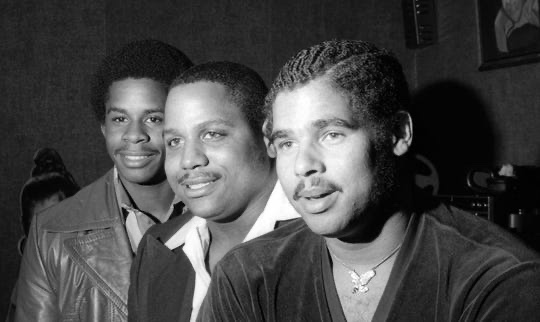
98. ‘Rapper’s Delight’ – Sugarhill Gang (single – long version, 1979)
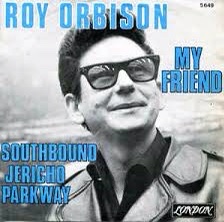
97. ‘Southbound Jericho Parkway’ – Roy Orbison (single, 1969)
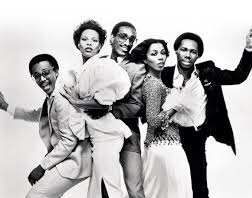
96. ‘Good Times’ – Chic (from Risqué LP, 1979)

95. ‘Poptones’ – Public Image Ltd. (from Metal Box LP, 1979)

94. ‘The Rainbow’ – Talk Talk (from Spirit Of Eden LP, 1988)
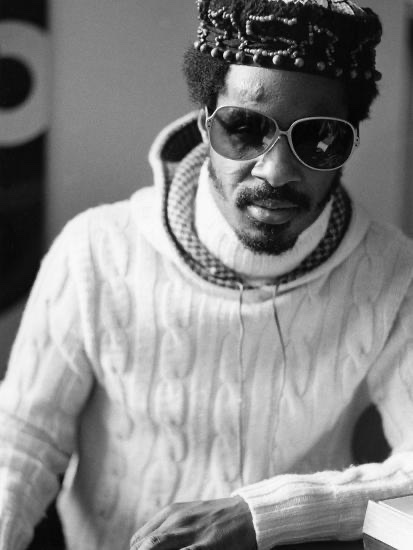
93. ‘As’ – Stevie Wonder (from Songs In The Key Of Life LP, 1976)

92. ‘I Think I’m In Love’ – Spiritualized (from Ladies & Gentlemen…We Are Floating In Space LP, 1997)
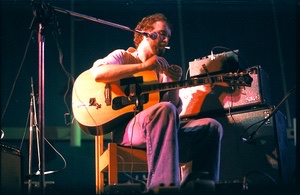
91. ‘Small Hours’ – John Martyn (from One World LP, 1977)
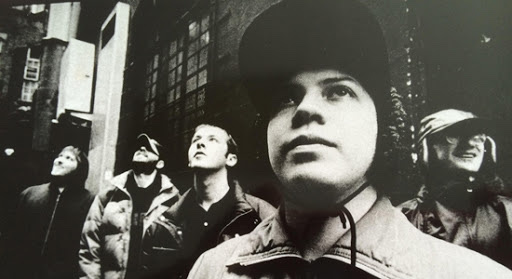
90. ‘Mogwai Fear Satan’ – Mogwai (from Mogwai Young Team LP, 1997)
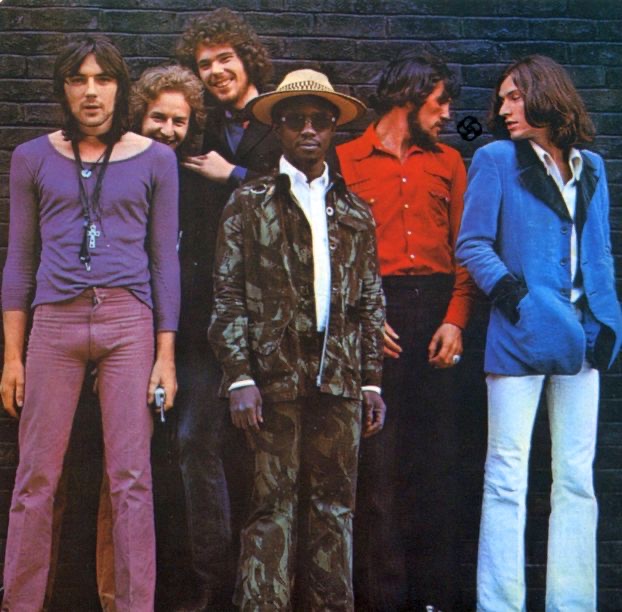
89. ‘Low Spark Of High-Heeled Boys’ – Traffic (from Low Spark Of High-Heeled Boys LP, 1971)

88. ‘Paperhouse’ – Can (from Tago Mago LP, 1971)
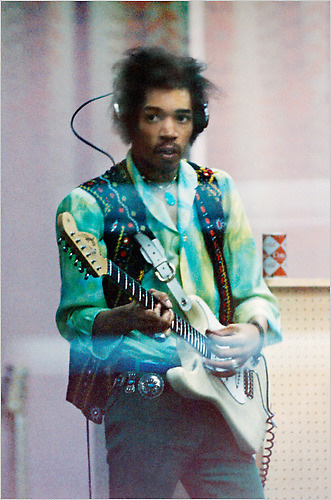
87. ‘1983 (A Merman I Should Turn To Be’ – The Jimi Hendrix Experience (from Electric Ladyland LP, 1968)
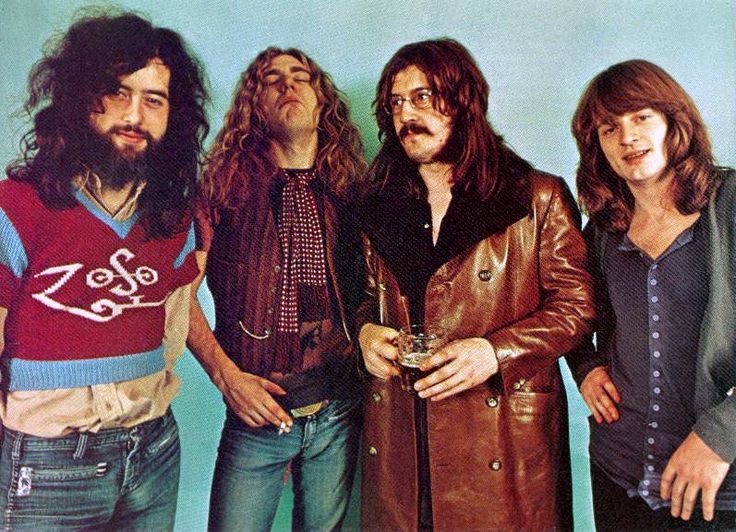
86. ‘When The Levee Breaks’ – Led Zeppelin (from Led Zeppelin IV LP, 1971)

85. ‘Voodoo Chile’ – The Jimi Hendrix Experience (from Electric Ladyland LP, 1968)
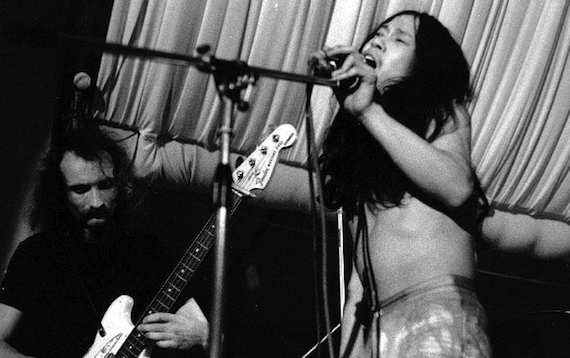
84. ‘Future Days’ – Can (from Future Days LP, 1973)

83. ‘In A Silent Way / It’s About That Time’ – Miles Davis (from In A Silent Way LP, 1969)

82. ‘Losing My Edge’ – LCD Soundsystem (from LCD Soundsystem LP, 2005)

81. ‘New Grass’ – Talk Talk (from Laughing Stock LP, 1991)

80. ‘What Goes On’ – The Velvet Underground (from 1969: The Velvet Underground Live LP, 1974)

79. ‘So What’ – Miles Davis (from Kind Of Blue LP, 1959)
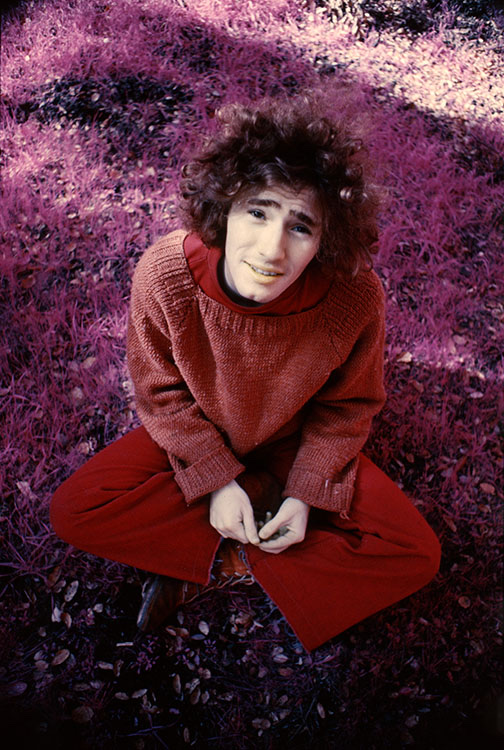
78. ‘Love From Room 109 At The Islander (On Pacific Coast Highway)’ – Tim Buckley (from Happy Sad LP, 1969)

77. ‘Shine A Light’ – Spiritualized (from Laser Guided Melodies LP, 1992)
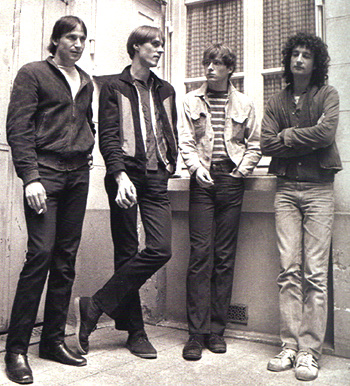
76. ‘Little Johnny Jewel (Pts 1 & 2) – Television (single, 1975)
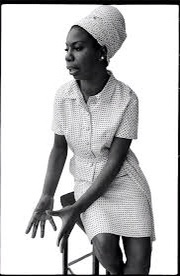
75. ‘Sinnerman’ – Nina Simone (from Pastel Blues LP, 1965)

74. ‘Good Morning Captain’ – Slint (from Spiderland LP, 1991)

73. ‘A Love Supreme Part 1: Acknowledgement’ – John Coltrane (from A Love Supreme LP, 1965)

72. ‘Soon’ – My Bloody Valentine (from Glider EP, 1990)
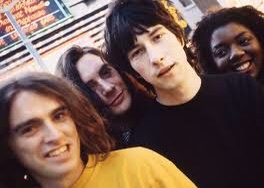
71. ‘Loaded’ – Primal Scream (from Screamadelica LP, 1991)
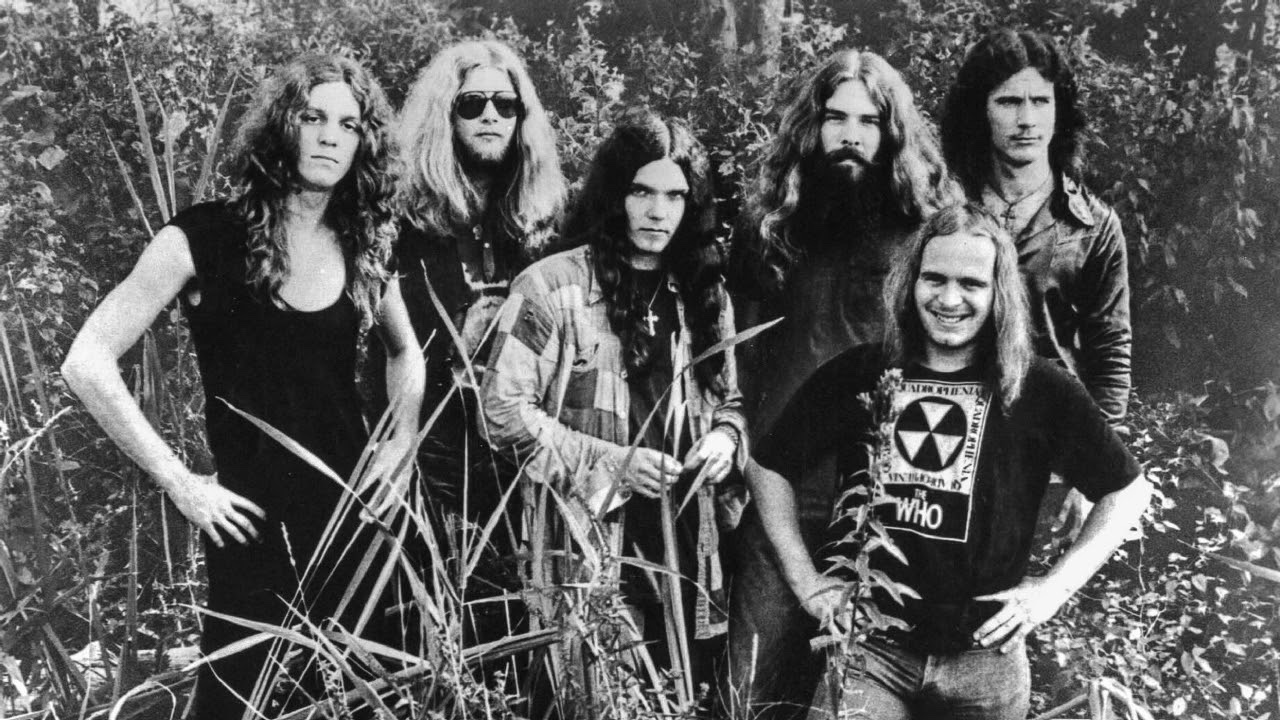
70. ‘Free Bird’ – Lynyrd Skynyrd (from Pronounced Leh-nerd Skin-nerd LP, 1974)
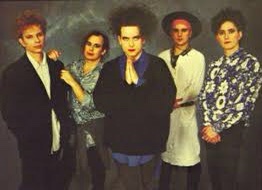
69. ‘Pictures Of You’ – The Cure (from Disintegration LP, 1989)
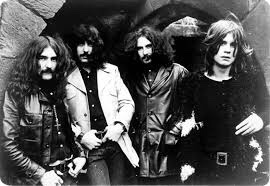
68. ‘War Pigs’ – Black Sabbath (from Paranoid LP, 1970)

67. Für Immer‘ – Neu! (from Neu! 2 LP, 1972)

66. ‘Interstellar Overdrive’- Pink Floyd (from The Piper At The Gates Of Dawn LP, 1967)
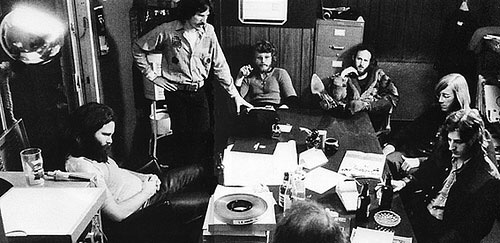
65. ‘LA Woman’ – The Doors (from LA Woman LP, 1971)
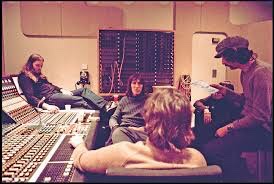
64. ‘Shine On You Crazy Diamond (Pts I-V)’ – Pink Floyd (from Wish You Were Here LP, 1975)
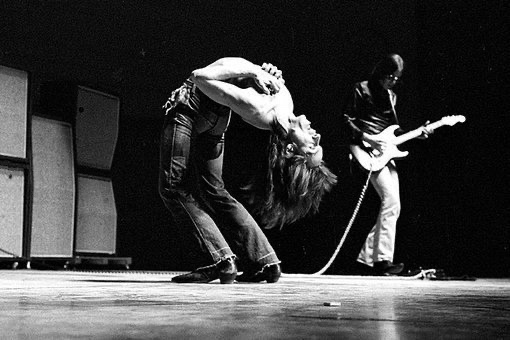
63. ‘Fun House’ – The Stooges (from Fun House LP, 1970)
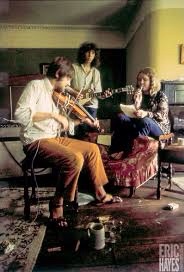
62. ‘Matty Groves’ – Fairport Convention (from Liege & Lief LP, 1969)
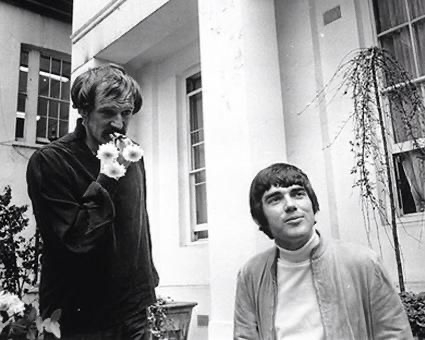
61. ‘MacArthur Park’ – Richard Harris (single, 1968)
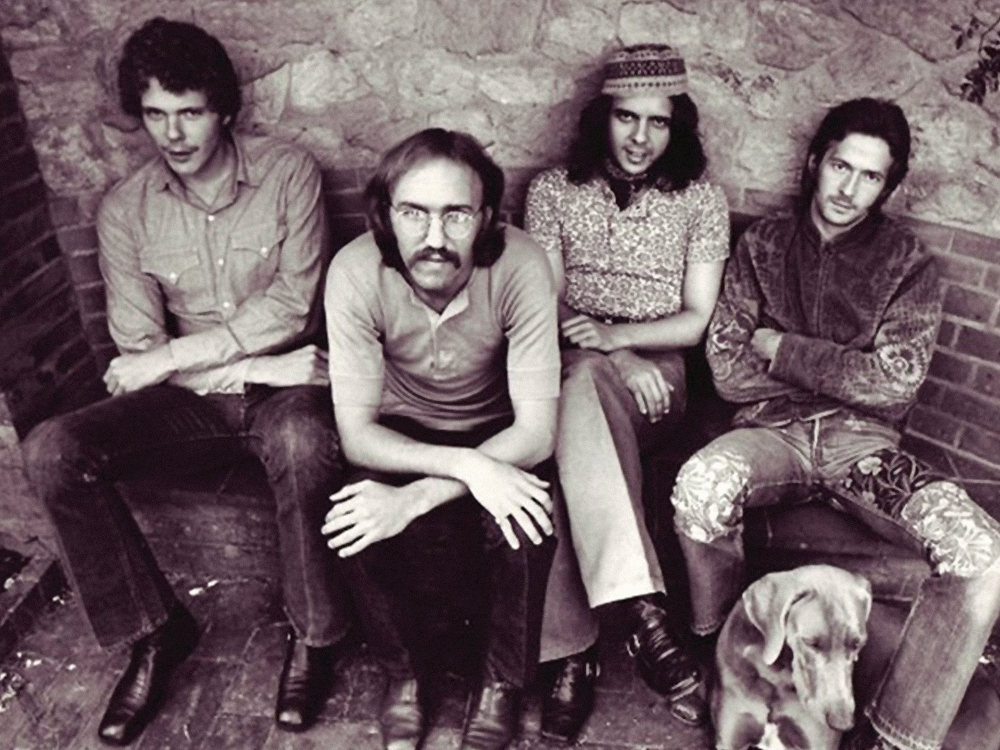
60. ‘Layla’ – Derek & The Dominoes (from Layla & Other Assorted Love Songs LP, 1970)

59. ‘One Nation Under A Groove’ – Funkadelic (from One Nation Under A Groove LP, 1978)
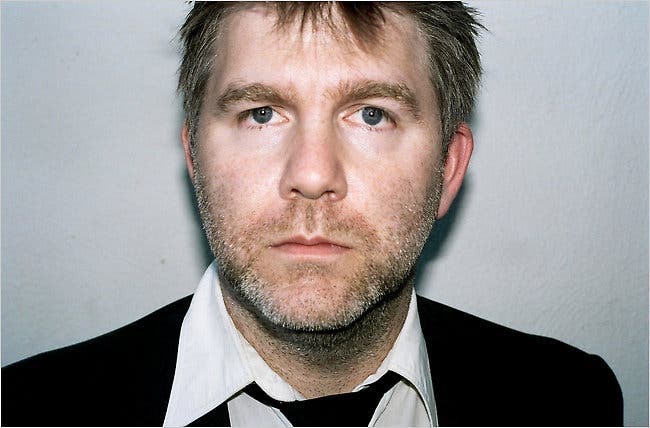
58. ‘All My Friends’ – LCD Soundsystem (from Sound Of Silver LP, 2007)

57. ‘Jenny Ondioline’ – Stereolab (from Transient Random-Noise Bursts With Announcements LP, 1993)
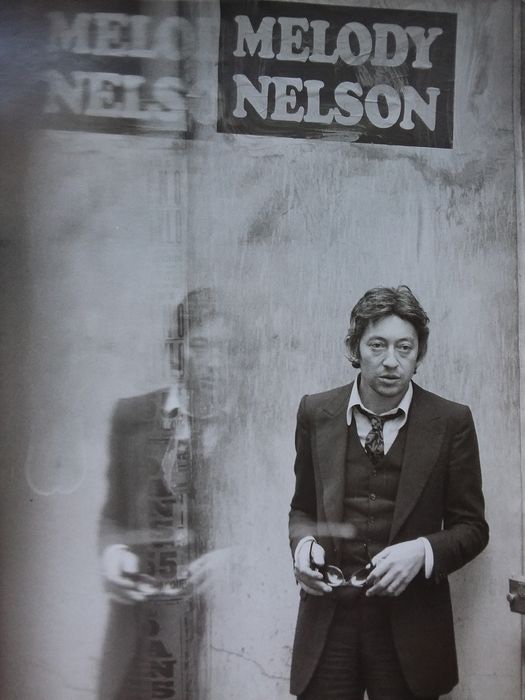
56. ‘Melody’ – Serge Gainsbourg (from Histoire de Melody Nelson LP, 1971)

55. ‘A Very Cellular Song – The Incredible String Band (from The Hangman’s Beautiful Daughter LP, 1968)

54. ‘Hurricane’ – Bob Dylan (from Desire LP, 1976)
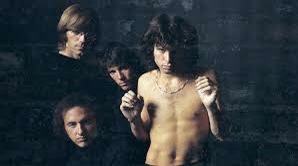
53. ‘The End’ – The Doors (from The Doors LP, 1967)
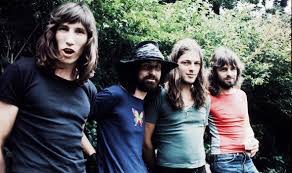
52. ‘Echoes’ – Pink Floyd (from Meddle LP, 1971)

51. ‘Idiot Wind’ – Bob Dylan (from Blood On The Tracks LP, 1975)

50. ‘Oh! Sweet Nuthin’ – The Velvet Underground (from Loaded LP, 1970)

49. ‘The Mercy Seat’ – Nick Cave & The Bad Seeds (from Tender Prey LP, 1988)

48. ‘Suite: Judy Blue Eyes’ – Crosby Stills & Nash (from Crosby, Stills & Nash LP, 1969)

47. ‘BlackStar’ – David Bowie (from Blackstar LP, 2016)
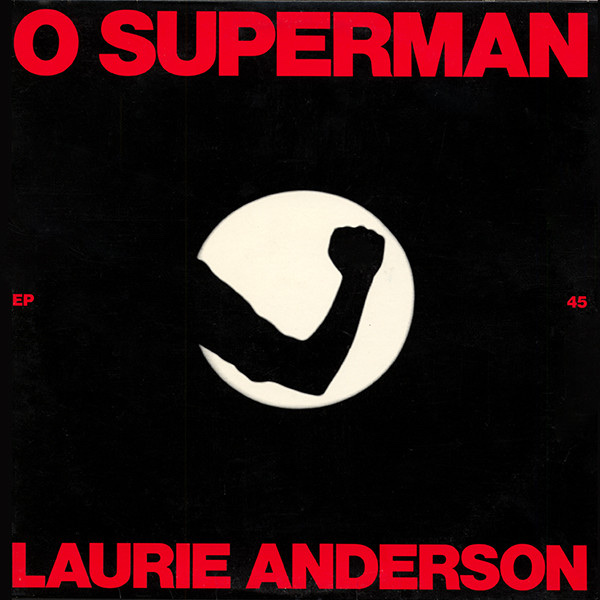
46. ‘O Superman’ – Laurie Anderson (single 1981)

45. ‘Hey Jude’ – The Beatles (single, 1969)

44. ‘Some Misunderstanding’ – Gene Clark (from No Other LP, 1974)

43. ‘Riders On The Storm’ – The Doors (from LA Woman LP, 1971)
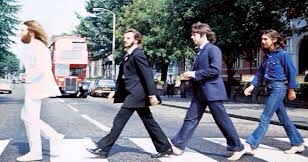
42. ‘I Want You (She’s So Heavy)’ – The Beatles (from Abbey Road LP, 1969)

41. ‘Sad Eyed Lady Of The Lowlands’ – Bob Dylan (from Blonde On Blonde LP, 1966)
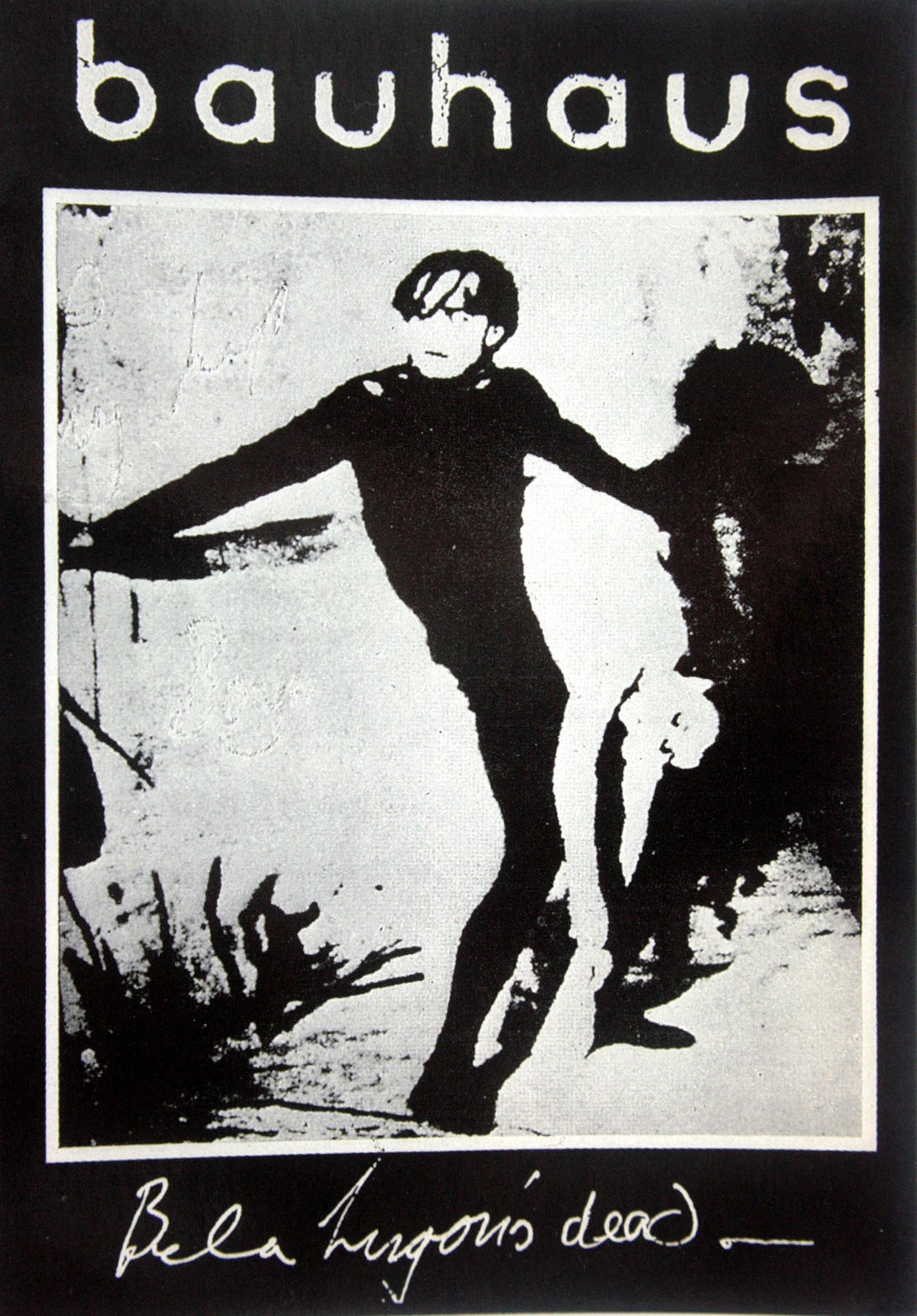
40. ‘Bela Lugosi’s Dead’ – Bauhaus (12″ single, 1979)
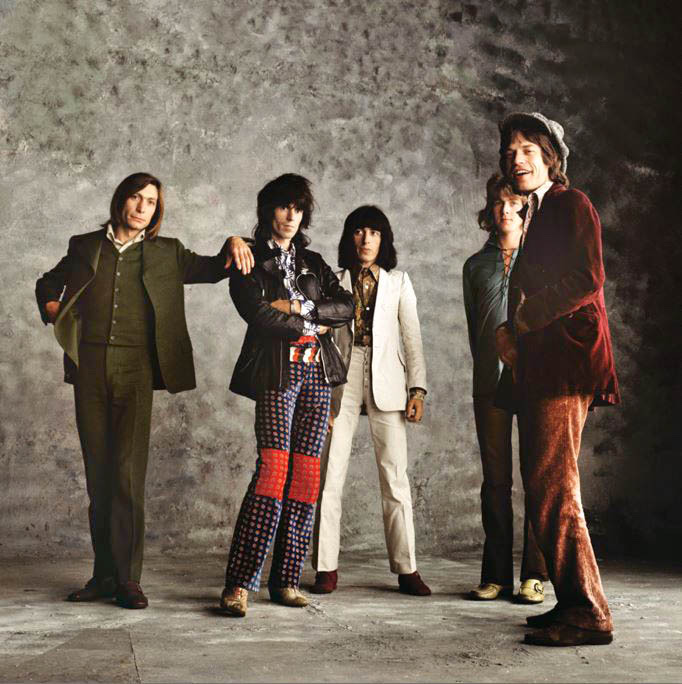
39. ‘Can’t You Hear Me Knocking’ – The Rolling Stones (from Sticky Fingers LP, 1971)

38. ‘Down By The River’ – Neil Young & Crazy Horse (from Everybody Knows This Is Nowhere LP, 1969)

37. ‘Come Together’ – Primal Scream (from Screamadelica LP, 1991)

36. ‘I Am The Resurrection’ – The Stone Roses (from The Stone Roses LP, 1989)

35. ‘Purple Rain’ – Prince (from Purple Rain LP, 1984)
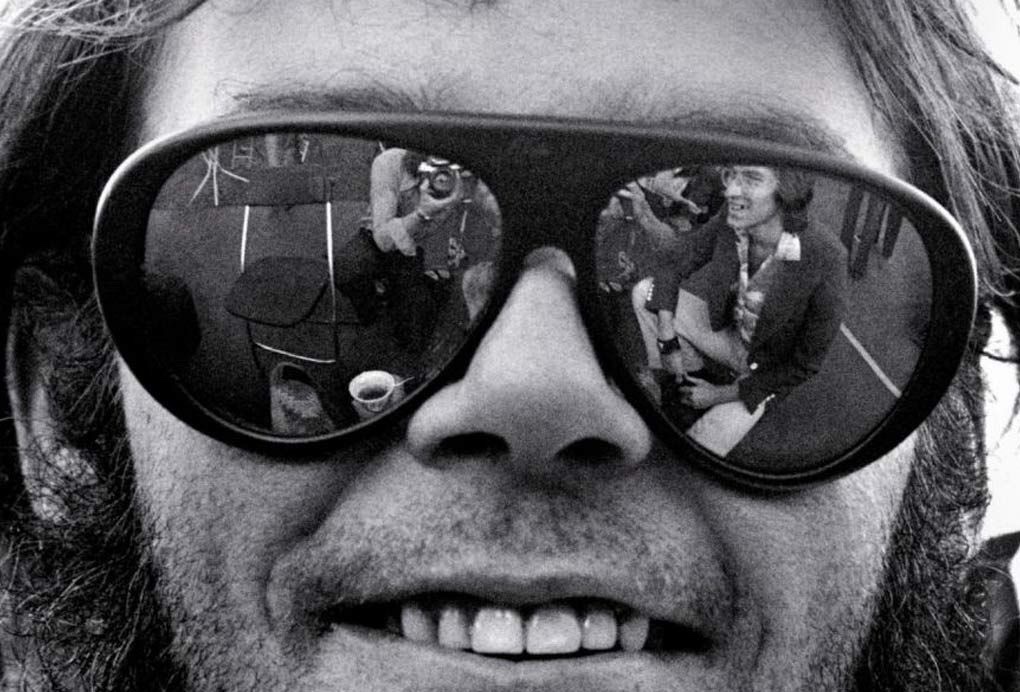
34. ‘Ambulance Blues’ – Neil Young (from On The Beach LP, 1974)

33. ‘The Message’ – Grandmaster Flash & The Furious Five (12″ single, 1982)
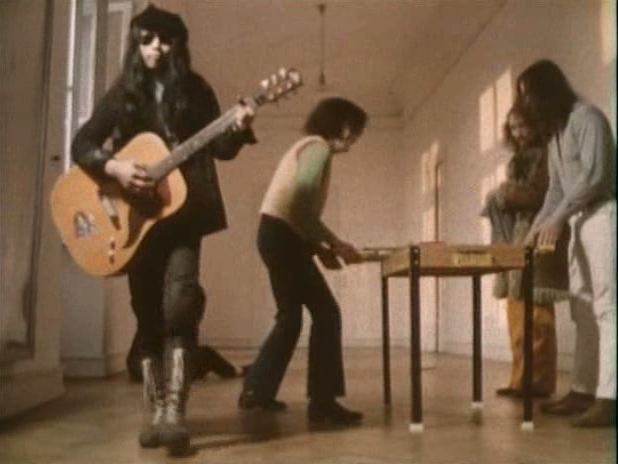
32. ‘Halleluwah’ – Can (from Tago Mago LP, 1971)
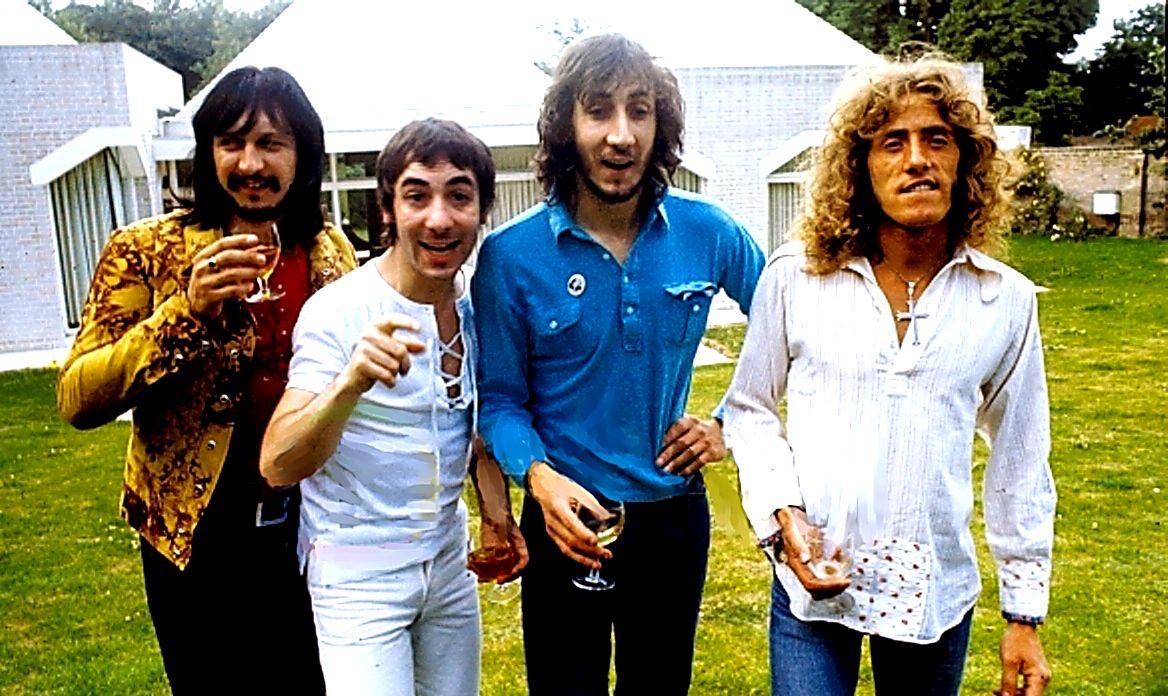
31. ‘Won’t Get Fooled Again’ – The Who (from Who’s Next LP, 1971)

30. ‘Papa Was A Rolling Stone’ – The Temptations (from All Directions LP, 1972)

29. ‘You Can’t Always Get What You Want’ – The Rolling Stones (from Let It Bleed LP, 1969)

28. ‘Living For The City’ – Stevie Wonder (from Innervisions LP, 1973)
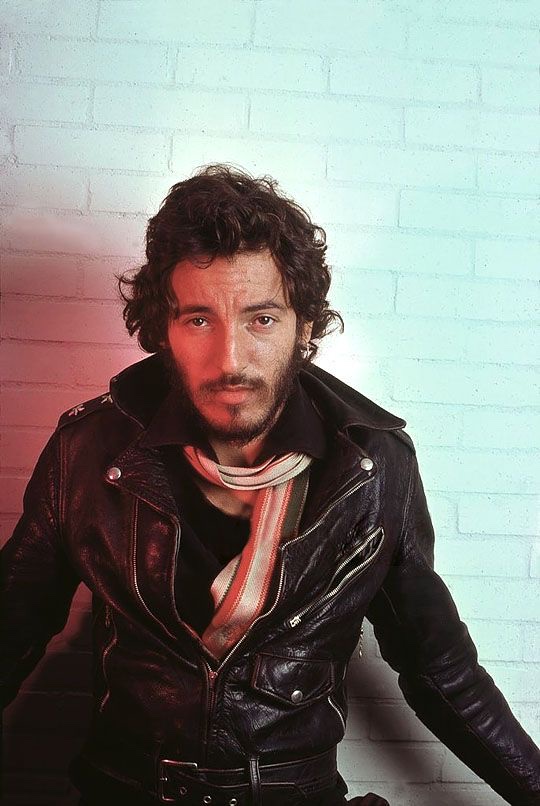
27. ‘Jungleland’ – Bruce Springsteen from Born To Run LP, 1975)

26. ‘Neon Lights’ – Kraftwerk (from The Man Machine LP, 1978)

25. ‘Like A Hurricane’ – Neil Young & Crazy Horse (from American Stars ‘n’ Bars LP, 1977)
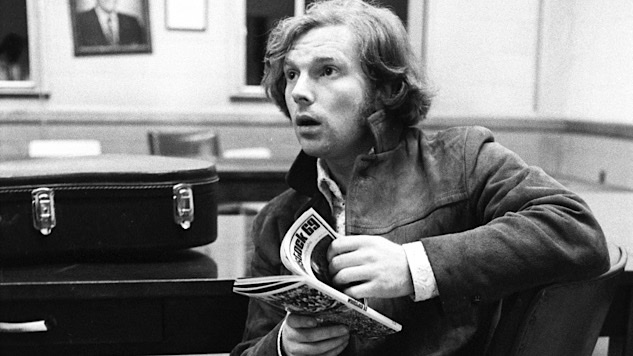
24. ‘Astral Weeks’ – Van Morrison (from Astral Weeks LP, 1968)
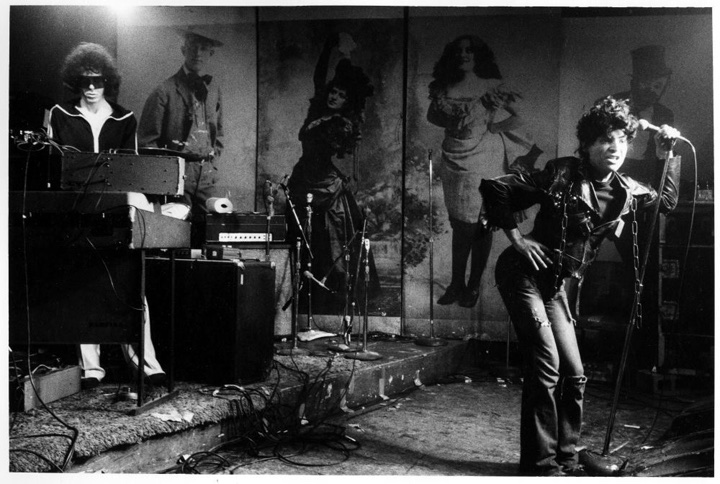
23. ‘Frankie Teardrop’ – Suicide (from Suicide LP, 1977)

22. ‘Walk On By’ – Isaac Hayes (from Hot Buttered Soul LP, 1969)

21. ‘Cowgirl In The Sand’ – Neil Young & Crazy Horse (from Everybody Knows This Is Nowhere LP, 1969)
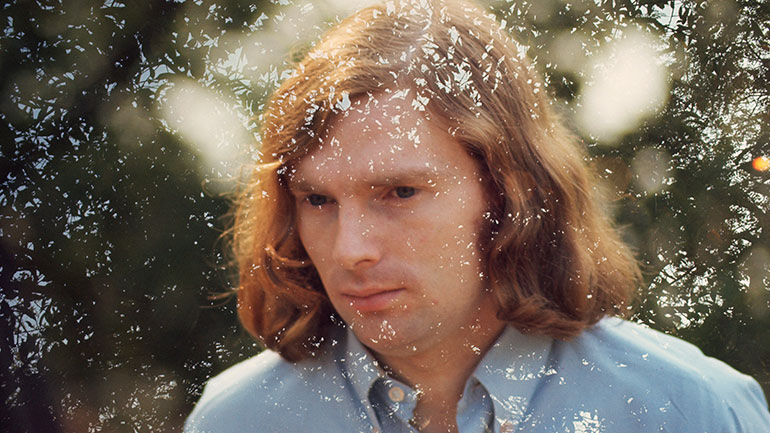
20. ‘Madame George’ – Van Morrison (from Astral Weeks LP, 1968)

19. ‘Land’ – Patti Smith (from Horses LP, 1975)

18. ‘Mother Sky’ – Can (from Soundttracks LP, 1970)

17. ‘I Feel Love’ (extended version) – Donna Summer (12″ single, 1977)

16. ‘Europe Endless’ – Kraftwerk (from Trans-Europe Express LP, 1977)

15. ‘Move On Up’ – Curtis Mayfield (from Curtis LP, 1970)

14. ‘Visions Of Johanna’ – Bob Dylan (from Blonde On Blonde LP, 1966)

13. ‘Cortez The Killer’ – Neil Young & Crazy Horse (from Zuma LP, 1975)
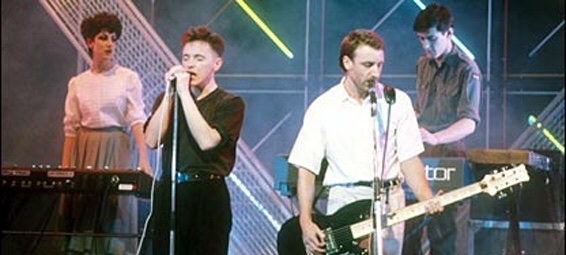
12. ‘Blue Monday’ – New Order (12″ single, 1983)
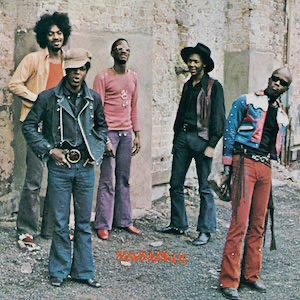
11. ‘Maggot Brain’ – Funkadelic (from Maggot Brain LP, 1971)
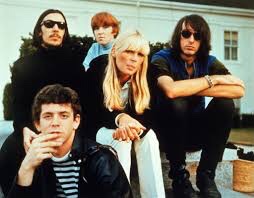
10. ‘Heroin’ – The Velvet Underground (from The Velvet Underground & Nico LP, 1967)
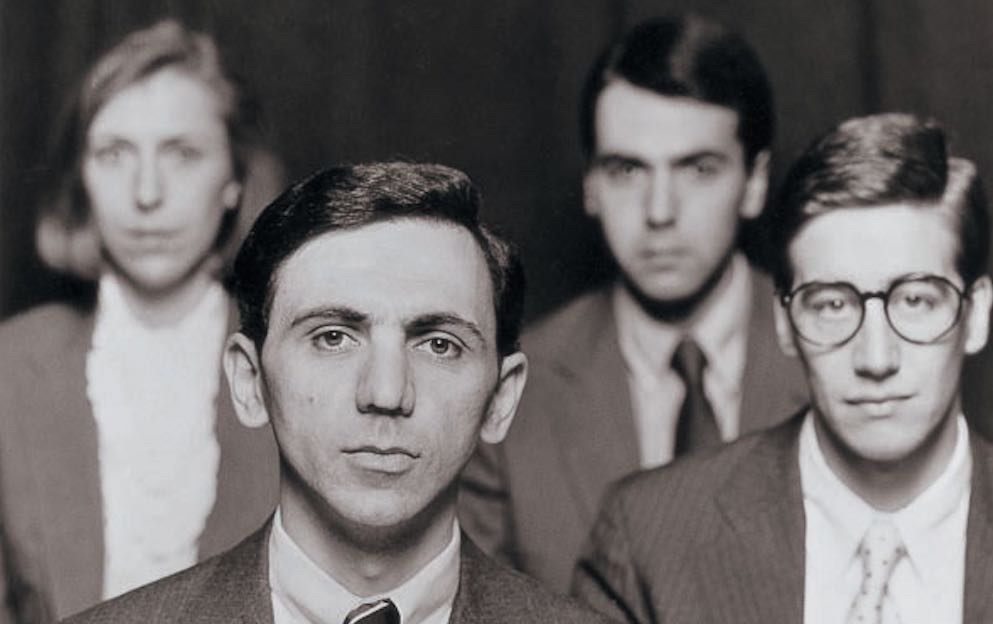
9. ‘This Is What She’s Like’ – Dexys Midnight Runners (from Don’t Stand Me Down LP, 1985)
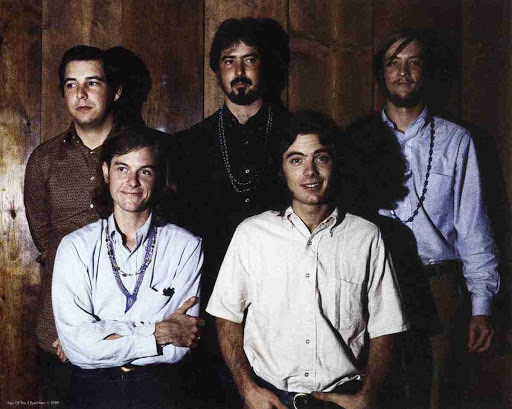
8. ‘Slip Inside This House’ – The 13th Floor Elevators (from Easter Everywhere LP, 1967)

7. ‘Desolation Row’ – Bob Dylan (from Highway 61 Revisited LP, 1965)
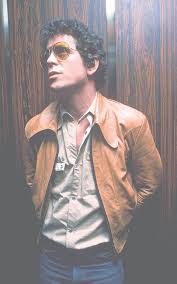
6. ‘Street Hassle’ – Lou Reed (from Street Hassle LP, 1978)

5. ‘Hallogallo’ – Neu! (from Neu! LP, 1971)
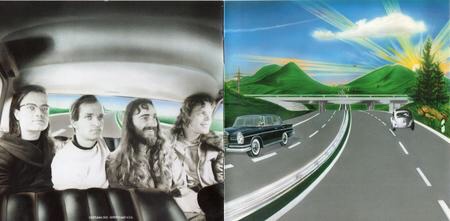
4. ‘Autobahn’ – Kraftwerk (from Autobahn LP, 1974)
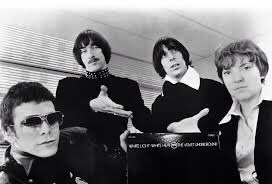
3. ‘Sister Ray’ – The Velvet Underground (from White Light / White Heat LP, 1967)
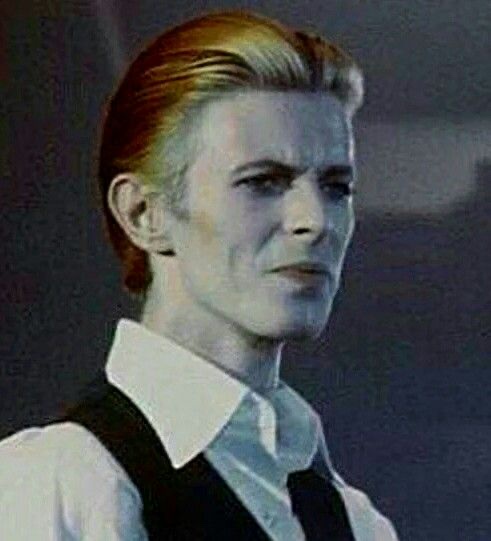
2. ‘Station To Station’ – David Bowie (from Station To Station LP, 1976)
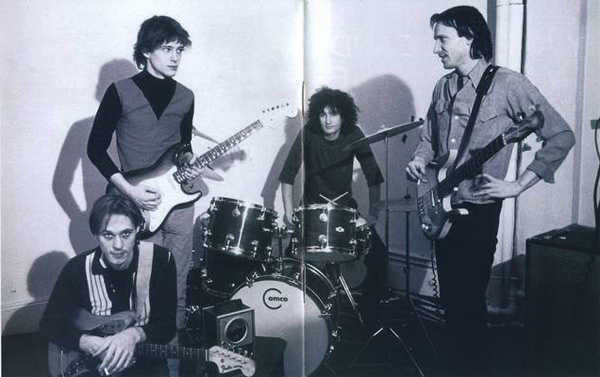
1. ‘Marquee Moon’ – Television (from Marquee Moon LP, 1977)
———————————
Bubbling Under: 101-200
101. ‘Oh Yeah’ – Can
102. ‘Dirt’ – The Stooges
103. ‘It’s Alright Ma (I’m Only Bleeding)’ – Bob Dylan
104. ‘This Corrosion’ – Sisters Of Mercy
105. ‘Private Psychedelic Reel’ – The Chemical Brothers
106. ‘Leave Them All Behind’ – Ride
107. ‘A Huge Ever Growing Pulsating Brain That Rules From The Centre Of The Ultraworld – The Orb
108. ‘Fools Gold’ – The Stone Roses
109. ‘Perfect Kiss’ – New Order
110. ‘The Donor’ – Judee Sill
111. ‘Slow Life’ – Super Furry Animals
112. ‘Sea Breezes’ – Roxy Music
113. ‘I Dream A Highway’ – Gillian Welch
114. ‘Dark Star’ (Live) – The Grateful Dead
115. ‘Court Of The Crimson King’ – King Crimson
116. ‘Don’t Worry, If There’s A Hell Below, We’re All Gonna Go’ – Curtis Mayfield
117. ‘Higher Than The Sun (A Dub Symphony In Two Parts) – Primal Scream
118. ‘Metronomic Underground’ – Stereolab
119. ‘Rain Song’ – Led Zeppelin
120. ‘My Favorite Things’ – John Coltrane
121. ‘Djed’ – Tortoise
122. ‘Summertime In England’ – Van Morrison
123. ‘Deacon Blues’ – Steely Dan
124. ‘Got To Give It Up’ (Pts 1&2) – Marvin Gaye
125. ‘A Sailor’s Life’ – Fairport Convention
126. ‘I Believe’ – The Buzzcocks
127. ‘Safe Surfer’ – Julian Cope
128. ‘Thick As A Brick’ – Jethro Tull
129. ‘The Width Of A Circle’ – David Bowie
130. ‘Listen To The Lion’ – Van Morrison
131. ‘Love To Love You Baby’ – Donna Summer
132. ‘Hyperbolicsyllabicsesquedalymystic’ – Isaac Hayes
133. ‘You Doo Right’ – Can
134. ‘Tam Lin’ – Fairport Convention
135. ‘Chasing A Bee’ – Mercury Rev
136. ‘Kashmir’ – Led Zeppelin
137. ‘Refractions In The Plastic Pulse’ – Stereolab
138. ‘Murder Most Foul’ – Bob Dylan
139. ‘Free Your Mind…and Your Ass Will Follow’ – Funkadelic
140. ‘Willie The Pimp’ – Frank Zappa
141. ‘No.1 Song In Heaven’ – Sparks
142. ‘Scum’ – Bark Psychosis
143. ‘I Trawl The Megahertz’ – Prefab Sprout
144. ‘It’s A Rainy Day Sunshine Girl’ – Faust
145. ‘Expressway To Your Skull’ – Sonic Youth
146. ‘Listen, The Snow Is Falling’ – Galaxie 500
147. ‘Protection’ – Massive Attack
148. ‘Higgs Boson Blues’ – Nick Cave & The Bad Seeds
149. ‘I Walk On Gilded Splinters’ – Dr. John
150. ‘Let It Happen’ – Tame Impala
151. ‘Father Cannot Yell’ – Can
152. ‘By The Time I Get To Phoenix’ – Isaac Hayes
153. ‘You Going Miss Your Candyman’ – Terry Callier
154. ‘The Osmonds’ – Denim
155. ‘Take Me’ – The Wedding Present
156. ‘Lily, Rosemary & The Jack Of Hearts’ – Bob Dylan
157. ‘Hip Priest’ – The Fall
158. ‘Moon In June’ – Soft Machine
159. ‘Ballerina’ – Van Morrison
160. ‘Dead Flag Blues’ – Godspeed! You Black Emperor
161. ‘The Payback’ – James Brown
162. ‘Space Is The Place’ – Sun Ra
163. ‘This Is Just A Modern Rock Song’ – Belle & Sebastian
164. ‘All Blues’ – Miles Davis
165. ‘Faith Healer’ – The Sensational Alex Harvey Band
166. ‘No Bulbs’ – The Fall
167. ‘Water Get No Enemy’ – Fela Kuti
168. ‘Memory Of A Free Festival’ – David Bowie
169. ‘Cypress Avenue’ – Van Morrison
170. ‘Hero’ – Neu!
171.’La Ritournelle’ – Sebastian Tellier
172. ‘Be Thankful For What You Got’ – William deVaughn
173. ‘Yours Is No Disgrace’ – Yes
174. ‘When An Old Cricketer Leaves The Crease’ – Roy Harper
175. ‘La Femme d’Argent’ – Air
176. ‘Pass The Hatchet, I Think I’m Goodkind’ – Yo La Tengo
177. ‘Babe I’m On Fire’ – Nick Cave & The Bad Seeds
178. ‘Frittering’ – Mercury Rev
179. ‘Disco Devil’ – Lee Perry
180. ‘The Bogus Man’ – Roxy Music
181. ‘svefn g englar’ – Sigur Ros
182. ‘Starless’ – King Crimson
183. ‘Three Days’ – Jane’s Addiction
184. ‘Blindness’ – The Fall
185. ‘This Train’ – Bunny Wailer
186. Run Christian Run’ – Super Furry Animsls
187. ‘One Sunday Morning (Song For Jane Smiley’s Boyfriend)’ – Wilco
188. ‘Riding On The Equator’ – Felt
189. ‘He’s Simple, He’s Dumb, He’s The Pilot’ – Grandaddy
190. ‘The Diamond Sea’ – Sonic Youth
191. ‘Revolution 9’ – The Beatles
192. ‘Sea Within A Sea’ – The Horrors
193. ‘Never Never Gonna Give You Up’ – Barry White
194. ‘Paid In Full’ – Eric B & Rakim
195. ‘Man-erg’ – Van Der Graaf Generator
196. The Creator Has A Master Plan – Pharoah Sanders
197. ‘Death Of A Ladies’ Man’ – Leonard Cohen
198. ‘Right Off’ – Miles Davis
199. ‘Melting Pot’ – Booker T & the MGs
200. ‘Bel Air’ – Can
Long But Not Forgotten…
For many of you, this has been the most enjoyable part of our polls – particularly for the more adventurous listener, and this is a list of wonderful curios which were nominated for inclusion but didn’t quite make the Top 200. Enjoy!
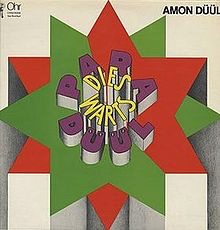
‘Love Is Peace’ – Amon Düül (from Paradieswärts Düül LP, 1970)
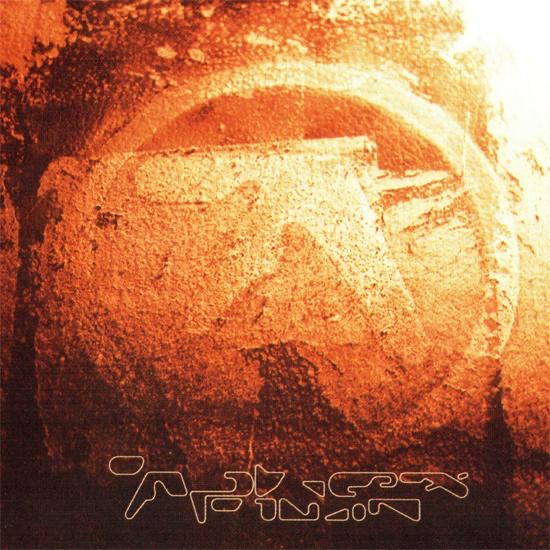
‘Stone In Focus’ – Aphex Twin (from Selected Ambient Works Vol 2 LP, 1994)

‘Amboss’ – Ash Ra Tempel (from Ash Ra Tempel LP, 1971)

‘Quick Canal’ – Atlas Sound featuring Laetitia Sadier (from Logos LP, 2009)
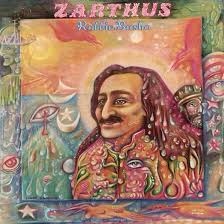
‘Rhapsody In Druz’ – Robbie Basho (from Zarthus LP, 1974)

‘The Breaks’ – Kurtis Blow (from Kurtis Blow LP, 1980)

‘Happy Cycling’ – Boards Of Canada (from US release of Music Has The Right To Children LP, 1996)

‘Let’s Start The Dance’ – Hamilton Bohannon (12″ single, 1978)
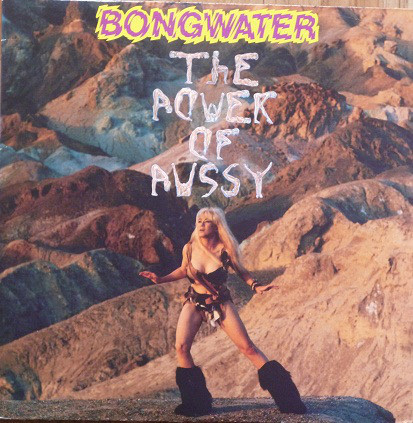
‘Folk Song’ – Bongwater (from The Power Of Pussy LP, 1990)
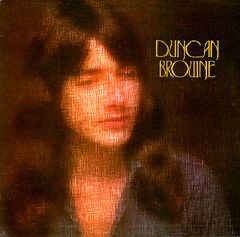
‘In A Mist’ – Duncan Browne (from Duncan Browne LP, 1973)

‘Funky Drummer’ (long version) – James Brown (from In The Jungle Groove LP, 1986)
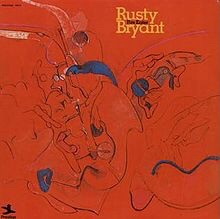
‘Fire Eater’ – Rusty Bryant (from Fire Eater LP, 1971)

‘Jesus’ Blood Never Failed Me Yet’ – Gavin Bryars (from Jesus’ Blood Never Failed Me Yet LP, 1993)

‘The Crown’ – Gary Byrd & the GB Experience (12″ single, 1983)

‘Ides Of March’ – John Cale & Terry Riley (from Church Of Anthrax LP, 1971)
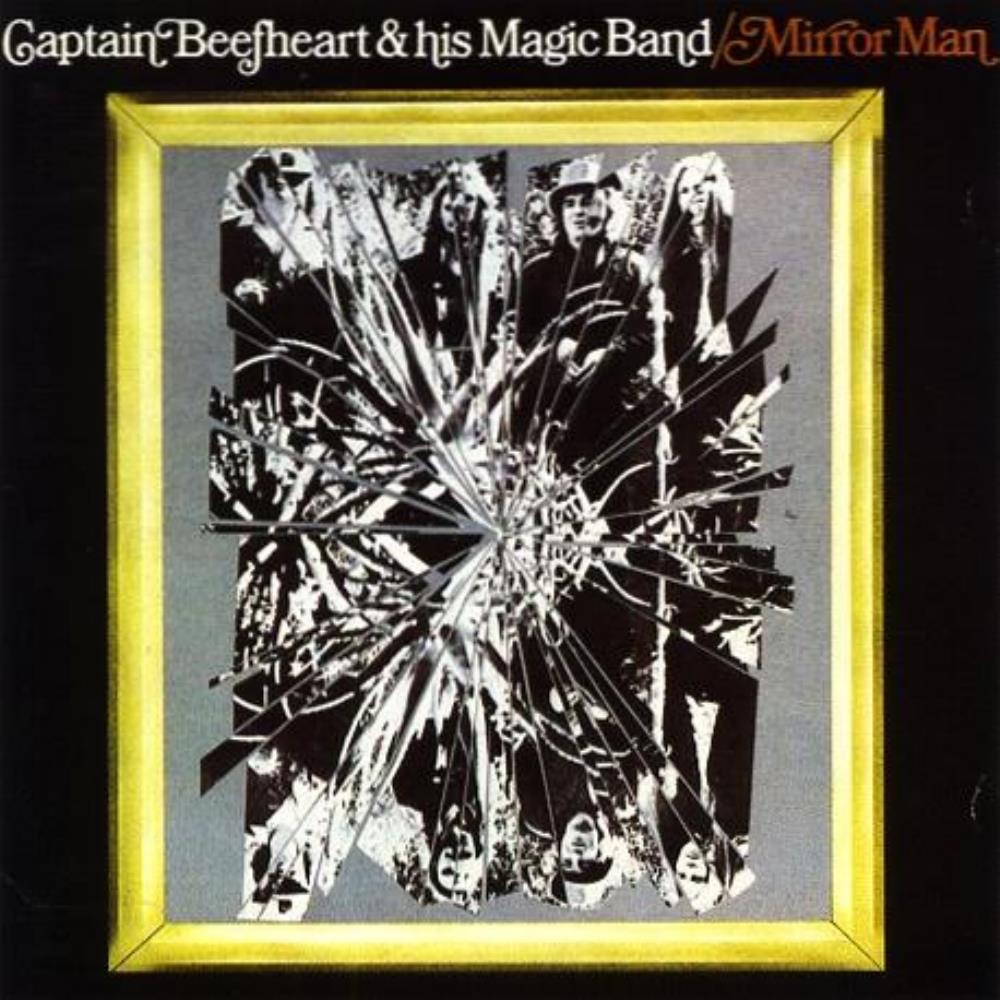
‘Kandy Korn’ – Captain Beefheart & His Magic Band (from Mirror Man LP, 1971)

‘Time Has Come Today’ – The Chambers Brothers (from The Time Has Come LP, 1967)
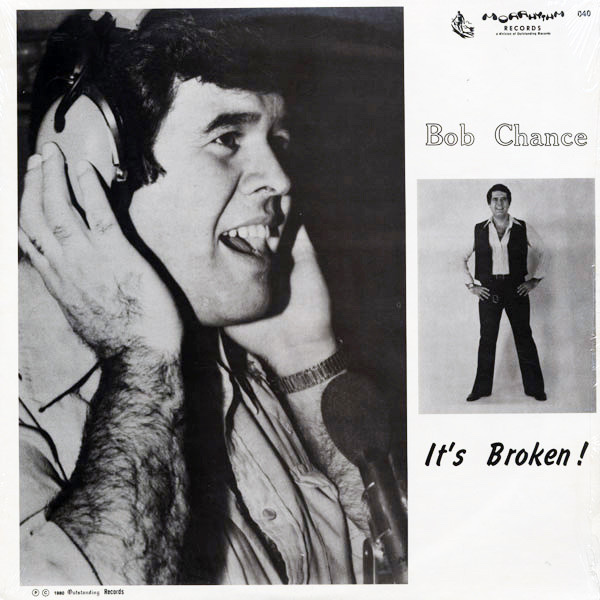
‘It’s Broken!’ – Bob Chance (from It’s Broken LP, 1980)
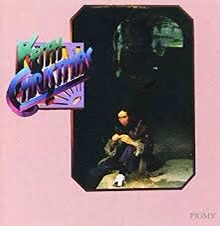
‘Forest & The Shore’ – Keith Christmas (from Pigmy LP, 1971)

‘Ritz’ – Cockney Rebel (from Psychomodo LP, 1974)
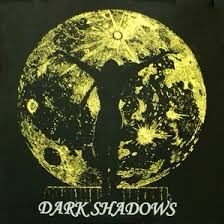
‘Here In The Year’ – Cold Sun (from Dark Shadows LP, 1989)

‘Peace’ – Ornette Coleman (from The Shape Of Jazz To Come LP, 1959)

‘Something About John Coltrane’ – Alice Coltrane (from Journey Into Satchidananda LP, 1971)

‘The Side of Man & Womankind’ – Tony Conrad & Faust (from Outside The Dream Syndicate LP, 1973)

‘Saddle Tramp’ – Charlie Daniels Band (from Saddle Tramp LP, 1976)

‘Gondwana Pts 1 & 2’ – Miles Davis (from Pangea LP, 1975)
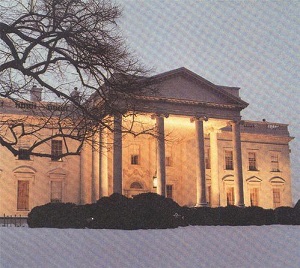
‘Outside’ – Dead C (from The White House LP, 1995)

‘Out To Lunch’ – Eric Dolphy (from Out To Lunch LP, 1964)

‘Season Of The Witch’ – Julie Driscoll, Brian Auger & The Trinity (from Open LP, 1967)
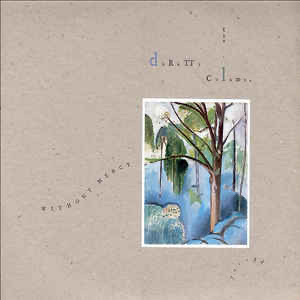
‘Silence’ – The Durutti Column (from Without Mercy LP, 1984)
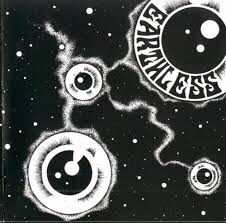
‘Lost In The Cold Sun’ – Earthless (from Sonic Prayer LP, 2005)

‘The Great San Bernardino Birthday Party’ – John Fahey (from The Great San Bernardino Birthday Party & Other Excursions LP, 1966)

‘Panther Phobia: Manifesto!’ – Tav Falco’s Panther Burns (from Panther Phobia LP, 2000)
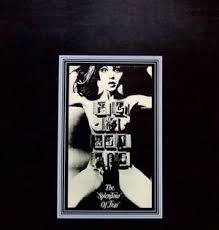
‘The Stagnant Pool’ – Felt (from The Splendour Of Fear LP, 1984)
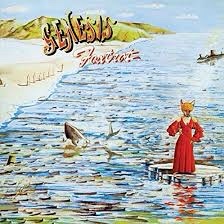
‘Supper’s Ready’ – Genesis (from Foxtrot LP, 1972)
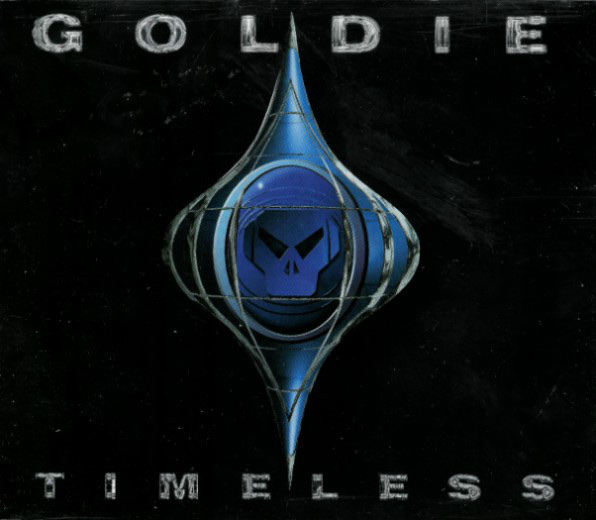
‘Timeless: Inner City Life’ – Goldie (from Timeless LP, 1995)

‘I Didn’t Know’ – Al Green (from Al Green Is Love LP, 1975)

‘Sun In Your Eyes’ – Grizzly Bear (from Shields LP, 2012)
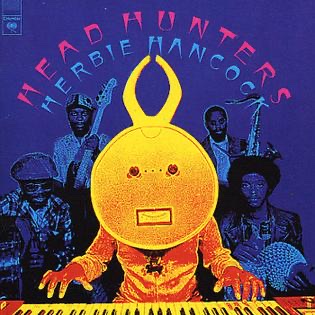
‘Chameleon’ – Herbie Hancock (from Headhunters LP, 1973)

‘Sehr Kosmisch’ – Harmonia (from Musik Von Harmonia LP, 1974)

‘You Shouldn’t Do That’ – Hawkwind (from In Search Of Space LP, 1971)
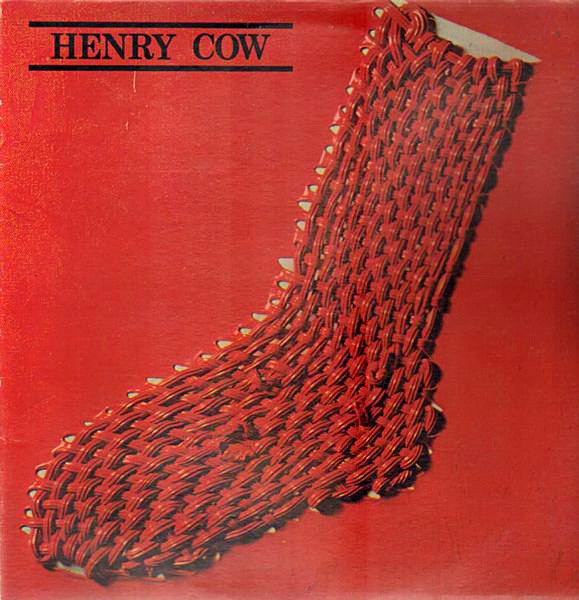
‘Living In The Heart Of The Beast’ – Henry Cow (from In Praise of Learning LP, 1975)

‘Cropduster’ – High Llamas (from Checking In Checking Out EP, 1995)
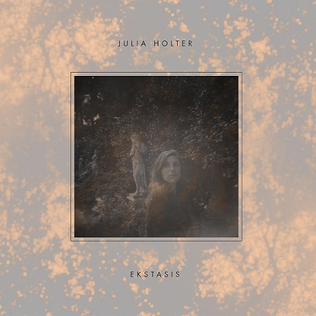
‘Boy In The Moon’ – Julia Holter (from Ekstasis LP, 2012)
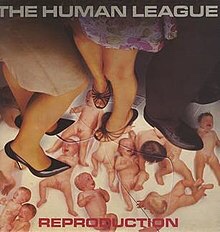
‘Morale…You’ve Lost That Loving Feeling’ – The Human League (from Reproduction LP, 1979)
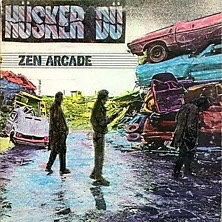
‘Reoccurring Dreams’ – Hüsker Dü (from Zen Arcade LP, 1984)

‘Trieulogy’ – Kak (from Kak LP, 1969)

‘Cemalim’ – Erkin Koray (from Elektronik Türküler LP, 1974)

‘Somehow The Wonder Of Life Prevails’ – Mark Kozelek & Jimmy LaValle (from Perils From The Sea LP, 2013)
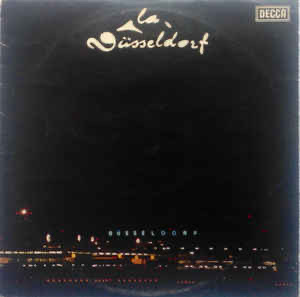
‘Time’ – La Düsseldorf (from La Düsseldorf LP, 1976)

‘Rainy Day Bergen Women’ – Jackie Leven (from Creatures Of Light & Darkness LP, 2000)

‘Amazing Grace’ – Low (from Trust LP, 2002)

‘What Went Wrong’ – Grant McLennan (from Horsebreaker Star LP, 1994)
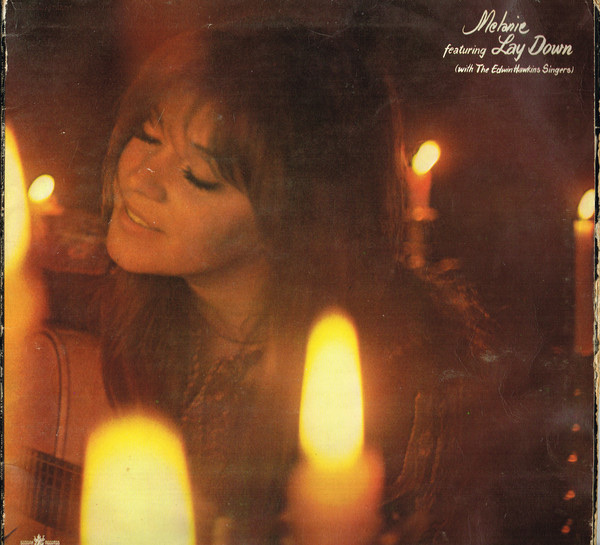
‘Lay Down (Candles In The Rain)’ – Melanie with the Edwin Hawkins Singers (from Candles In The Rain LP, 1970)

‘Pithecanthropus Erectus’ – Charles Mingus (from Pithecanthropus Erectus LP, 1956)

‘Only Skin’ – Joanna Newsom (from Ys LP, 2006)
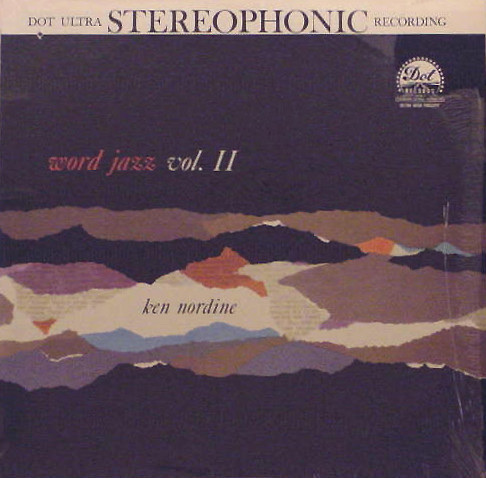
‘Confessions of 349-18-5171’ – Ken Nordine (from Word Jazz Vol. 2 LP, 1960)

‘A New Dress’ – Nurse With Wound (from Automating Vol 2 LP, 1989)

‘Atomic Bomb’ – William Onyeabor (from Atomic Bomb LP, 1978)

‘Planet Of The Shapes’ – Orbital (from Orbital 2 LP, 1993)

‘War On The Bullshit’ – Osiris (from War On The Bullshit LP, 1986)

‘Vibrate Onn’ – Augustus Pablo Meets The Upsetter (single, 1977)

‘Jack Orion’ – Pentangle (from Cruel Sister LP, 1970)

‘Hundred Syllable Mantra’ – Phurpha (from Gyer Ro LP, 2017)
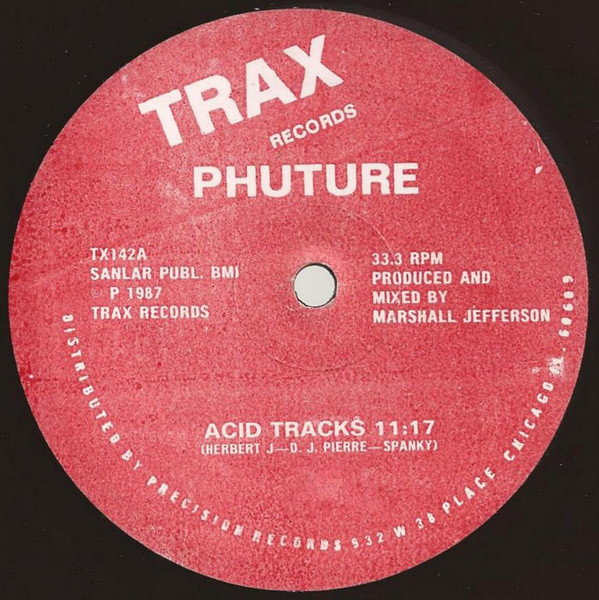
‘Acid Tracks’ – Phuture (12″ single, 1987)

‘Otče’ – Agon Orchestra & The Plastic People Of The Universe (from Pašijové hry Velikonoční LP, 1978)

‘Flex’ – Prolapse (from backsaturday LP, 1995)
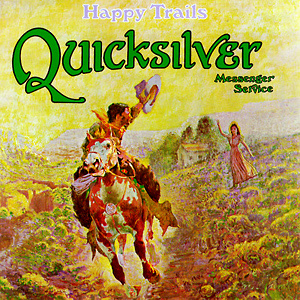
‘Who Do You Love (Suite)’ – Quicksilver Messenger Service (from Happy Trails LP, 1969)

‘Katy Song’ – Red House Painters (from Red House Painters LP, 1993)
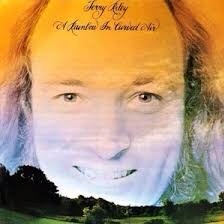
‘Poppy Nogood & The Phantom Band’ – Terry Riley (from A Rainbow In Curved Air LP, 1969)
 Da
Da
‘Strings Of Life’ – Rhythim Is Rhythim (12″ single, 1987)

‘Faith’ – Paul St. Hilaire & René Löwe (from Faith LP, 2003)

‘Ask Me No Questions’ – Bridget St. John (from Ask Me No Questions LP, 1969)

‘Upper Egypt & Lower Egypt’ – Pharoah Sanders (from Tauhid LP, 1966)

‘Inspiration’ – Section 25 (from From The Hip LP, 1984)

‘Up In Her Room’ – The Seeds (from A Web Of Sound LP, 1967)

‘Measuring Loneliness’ – Shizuka (from Planning For Loneliness LP, 1994)
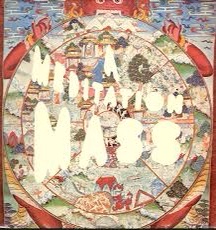
‘A Meditation Mass’ – Yatha Sidhra (from A Meditation Mass LP, 1974)
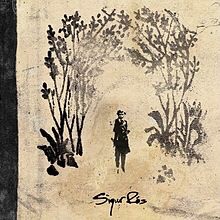
‘Se Lest’ – Sigur Ros (from Takk LP, 1995)

‘This Fear Of Gods’ – Simple Minds (from Emires & Dance LP, 1980)
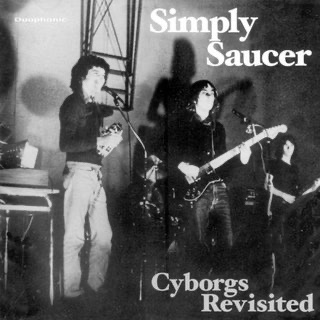
‘Illegal Bodies’ – Simply Saucer (from Cyborgs Revisited LP, 1989)

‘Khidr & The Fountain’ – Six Organs Of Admittance (from Dark Noontide LP, 2002)
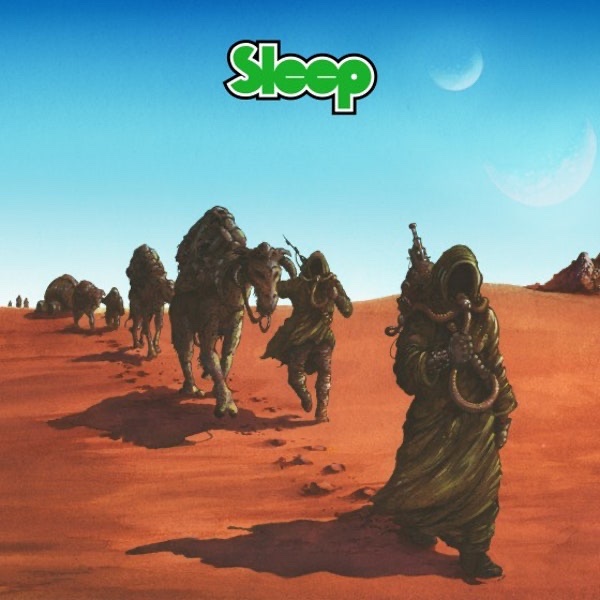
‘Dopesmoker’ – Sleep (from Dopesmoker LP, 2003)

‘Man Next Door’ – The Slits (from Cut LP, 1979)

‘Patchwork’ – Laurie Spiegel (from The Expanding Universe LP, 1980)

‘Vito’s Ordination Song’ – Sufjan Stevens (from Michigan LP, 2003)
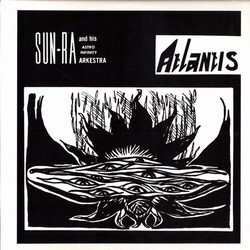
‘Atlantis’ – Sun Ra Arkestra (from Atlantis LP, 1969)

‘In An Autumn Garden’ – Toru Takemistsu (from In An Autumn Garden LP, 1973)

‘Journey Through A Burning Brain’ – Tangerine Dream (from Electronic Meditation LP, 1970)

‘Closer To God’ – Television Personalities (from Closer To God LP, 1992)

‘White Punks On Dope’ – The Tubes (from What Do You Want From Live LP, 1978)

‘Hi-Tech Jazz’ – Galaxy 2 Galaxy / Underground Resistance (12″ single, 1993)

‘Barely Breaking Even’ – Universal Robot Band (12″ single, 1982)

‘Melody Laughter’ – The Velvet Underground (from Peel Slowly & See Box Set, 1995)
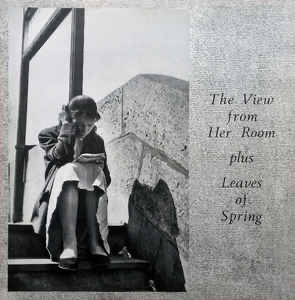
‘The View From Her Room’ – Weekend (12″ single, 1982)
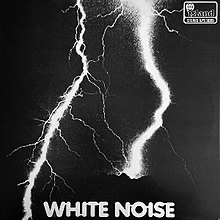 ‘The Visitation’ – White Noise (from An Electric Storm LP, 1969)
‘The Visitation’ – White Noise (from An Electric Storm LP, 1969)
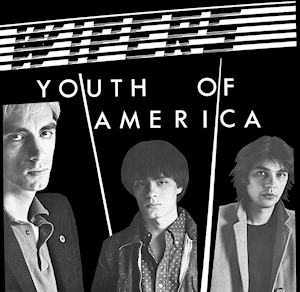
‘Youth Of America’ – Wipers (from Youth Of America LP, 1981)

‘Harpooned’ – Wire (from Wire LP, 2015)

‘Volga Delta’ – La Monte Young & Marian Zazeela (from The Black Record, 1969)
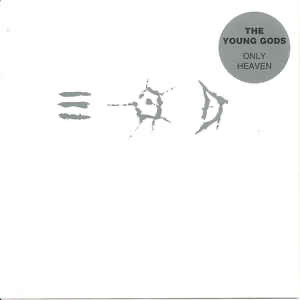
‘Moon Revolutions’ – The Young Gods (from Only Heaven LP, 1995)
——————————————
Our Contributors:
Bill Ainsworth, Camilla Aisa, Mick Anderson, Andy (‘Birmingham ’81’), David Ayling, Michael Bailey (Soft Hearted Scientists), ‘Barbie’, ‘Belfegore’, Caroline Binnie, David Bishop, Delko Blazanin, Andy Bolton, Eleanor Bolton, Lloyd Bolton, Chris Bounds, Mark Brend, Jim Brown, David Bruce, Paul Callanan, Chris Canham, Sean Cavens, Ben Chasny (Six Organs Of Admittance), Alan Choo-Kang, Si Cole, Chris Coleman, Mike Convery, Stuart Cosgrove, Mike Curry, Simon Cuthbert-Kerr, Stephen Dalton, Campbell Davidson, Laura Lee Davies, Steve Davies, ‘Dazed Bee’, Michael Deane, ‘Decramundo’, Hugh Dellar, Jon Dennis, Mick Derrick, Andrew Divine, Philip Downer, Lionel Duffy, Seamus Duggan, Johnny Echols (Love), Merlyn Edwards, Liam Elliott, Mark Fairhurst, Simon Farrier, Peter Ferguson, Jim Ferry, Declan Flanagan, Jim Flett, Stuart Fraser, Paul Gallagher, Stephen Gallagher, Alfie Gildea, Paul Gildea, Francis Gilligan, Simon Glass, Carl Goldspink, Ian Gosling, Ash Grace, Ben Graham, Grasshopper (Sean Mackowiak, Mercury Rev) Andrew Hall, Mark Hannaby, Paul Hannigan, Jeff Hartley, Gary Higgins, David Hintz, Hodge_nufc, Robert Hodgens, Christopher Hollow, James Hornsey (The Clientele), Jim Howie, Billy Hush, Maartje Jansma, Sophie Jay, Ian Fraser Johnston, James Johnstone, Johnnie Johnstone, Peter Johnstone, Allan Jones, Jack K, Danny Kelly, David Keller, John Kilbride, Harris King, Graham Kingsbury, William Knott, Jim Lambie, Peter Latimer, Adam Leivers, Lesoisogazouil, Paul Lester, June Lewins, Gerry Love, Alastair Macduff, Marc (‘Captain Howdy’), John Marcus, Gavin Martin, Leon Massey, Will McAlpine, Jim McCulloch, Raymond McGinlay, Stef McGlinchey, Grant McPhee, Fiona McQuarrie, Paul Meagher, John Medd, Graham Meikle, Memorial Device, Steve Mitchell, Thom Moore, Rob Morgan, Andy Morten, Tony Mulraney, Gerry Murphy, Peter Murray, Kris Needs, Huw Neill, Mike Norton, Jordan O’Hara, Brendan O’Leary, Paul Osborne, David Owen, Stephen Palmacci, Jake Palmer, Thomas Patterson, Richard Phillips-Jones, Andy Pidluznyj (New Apostles), Matt Piucci (The Rain Parade), Nick Portnell, Colin Pratt, Johnny Purcell, Gary Raine, Ian Rankin, Seamus Reilly, Chris Roberts, Dewey Rolles, Marco Rossi, Martin Ruddock, Jon Savage, Jo Scollin, Paul Scollin, Ann Sequinworld, Keith Shackleton, David Sharp, Simon Shaw, Derek Sinclair, Angela Slaven, John Smith, Sandy Sneddon, Mat Snow, Tim Sommer, Jason Spence, Iain Stansfield, Theo Stockman, David Stubbs, Jack Sullivan, Daniel Thompson, James Timoney, Terry Tochel, Ben Travers, Paul Turnbull, Richard Twine, Ryan H Walsh, Judah Warsky, Richard Watterson, Derek Webster, Helen Whiteley-McPhee, Dominic Whittingham, Ben Wilmott, Peter Wilson, ‘Winna Ding’, Sandy Wishart, Liam Wright, Jamie Young,

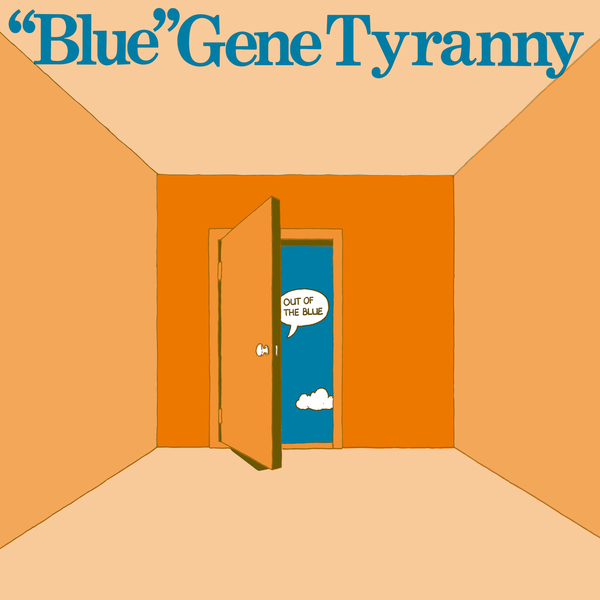





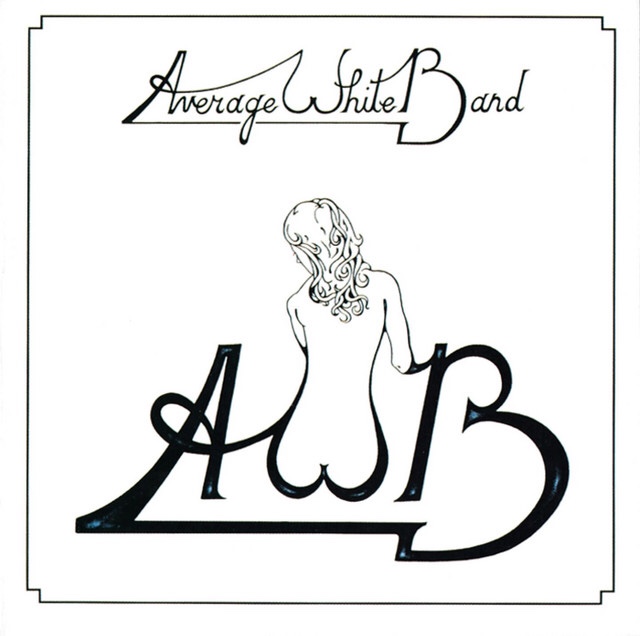



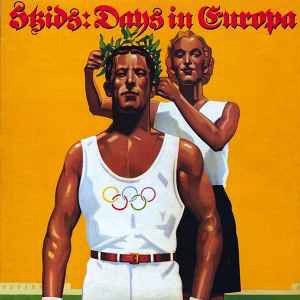

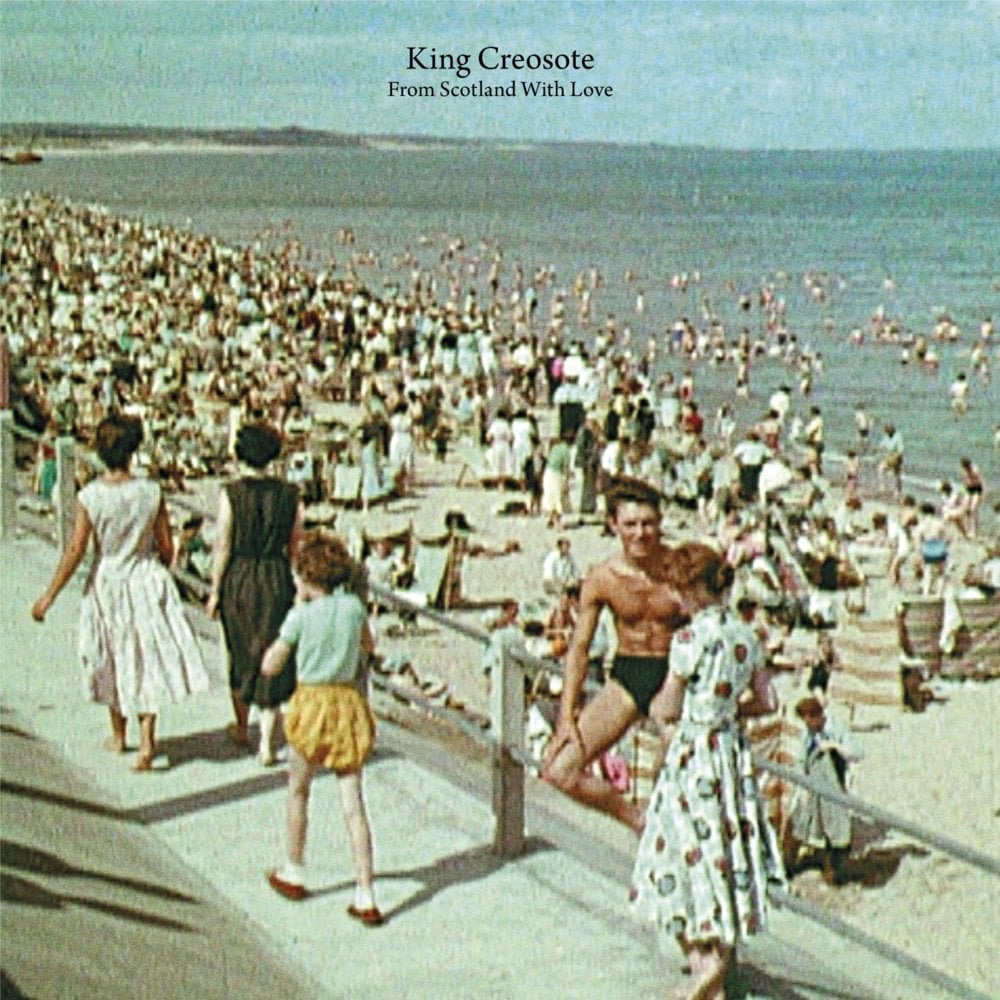


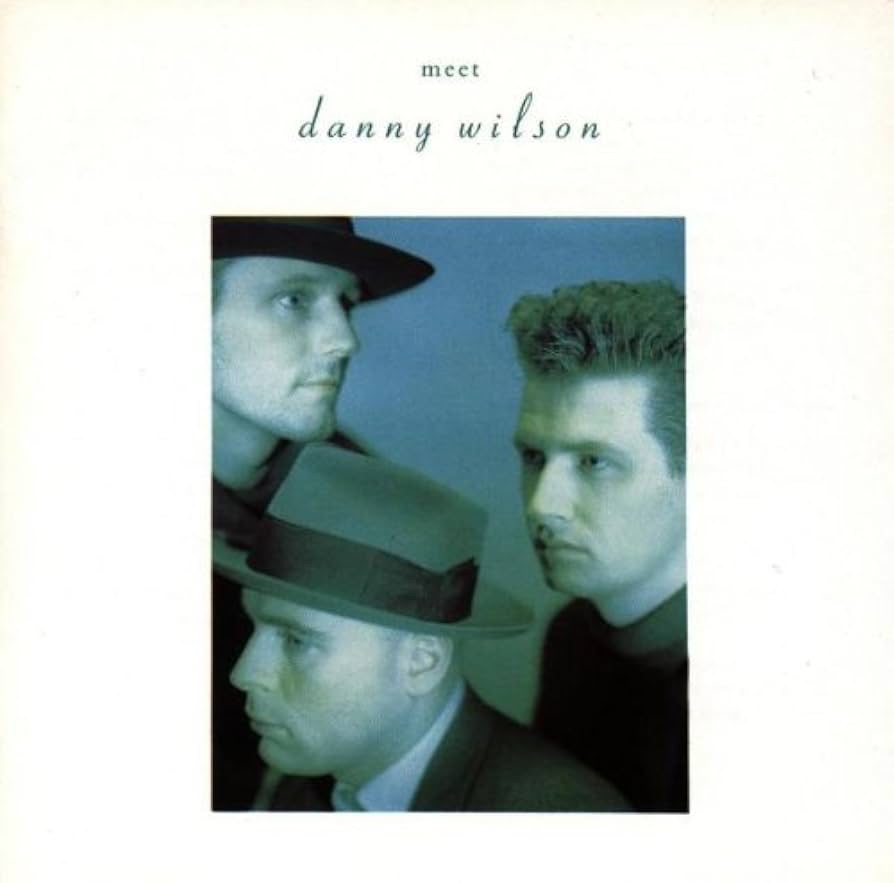
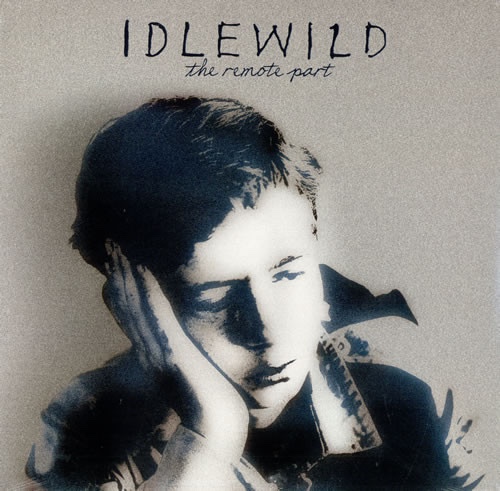





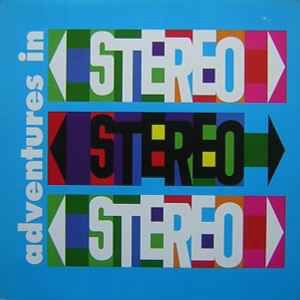
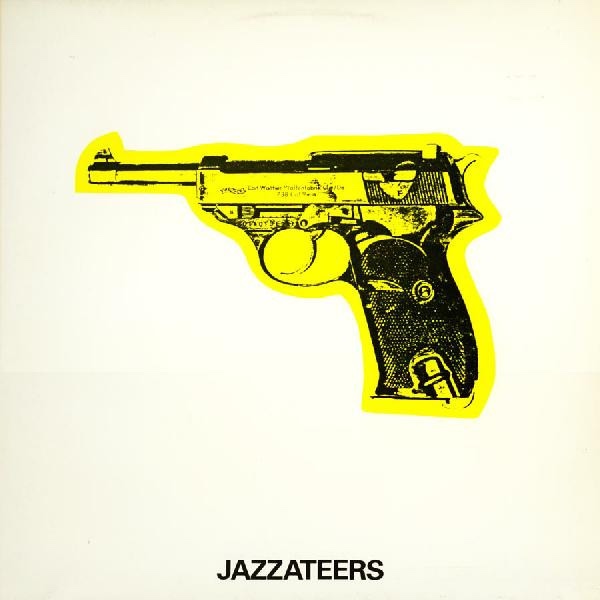








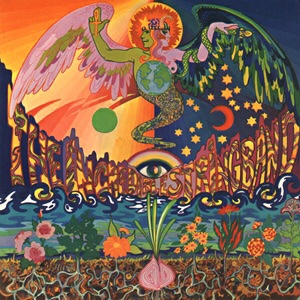


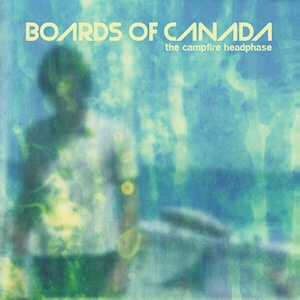
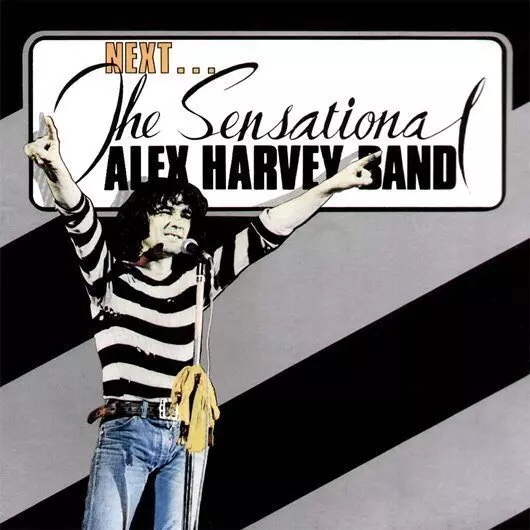
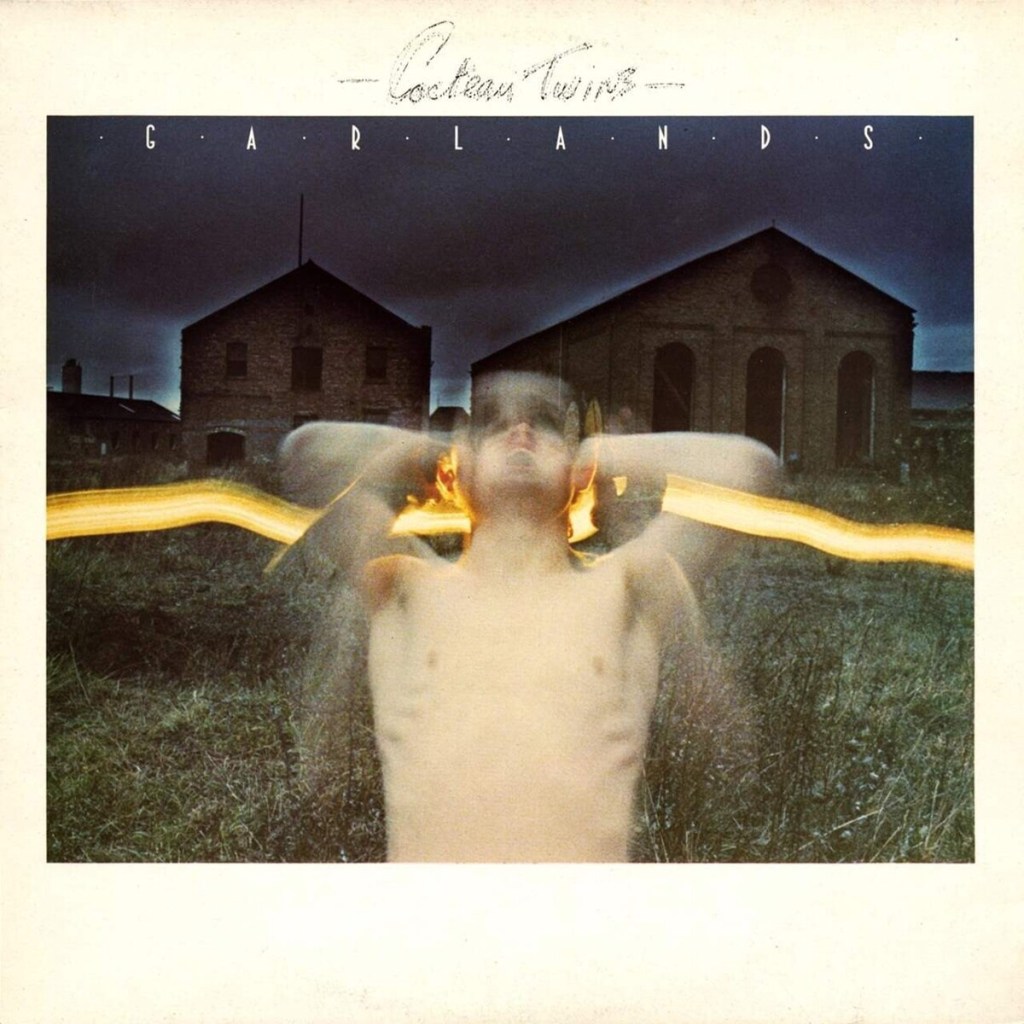

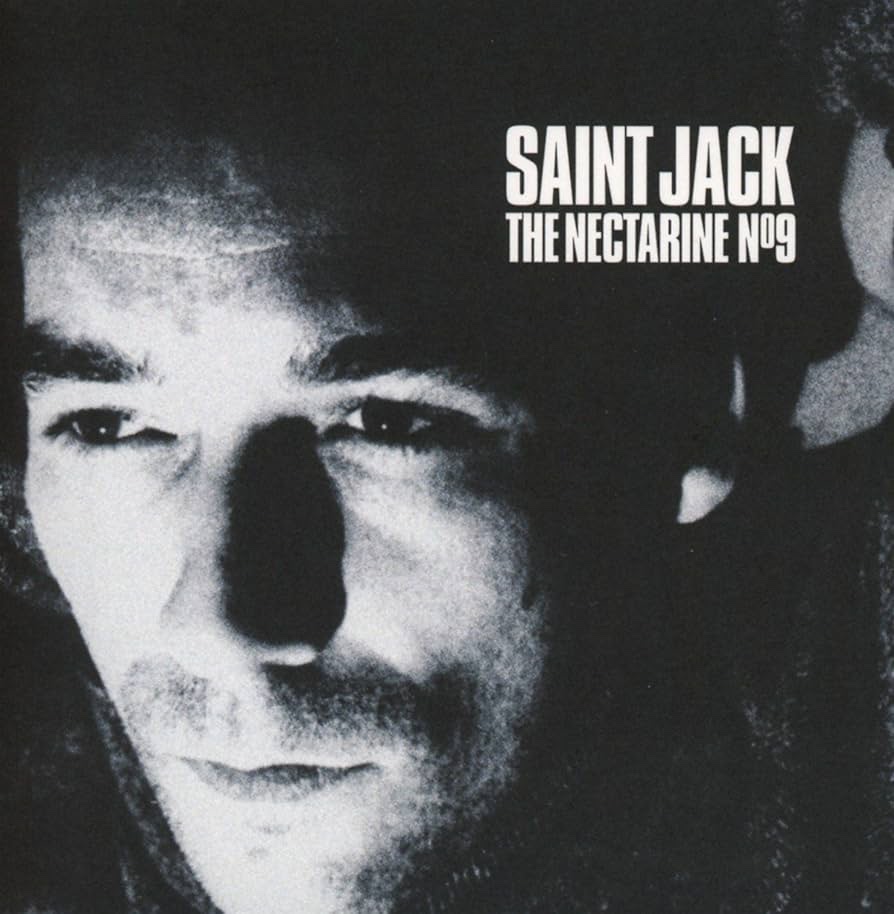
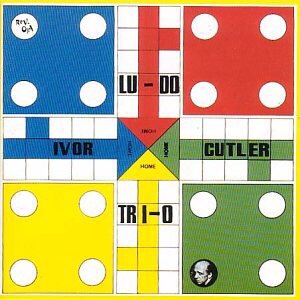



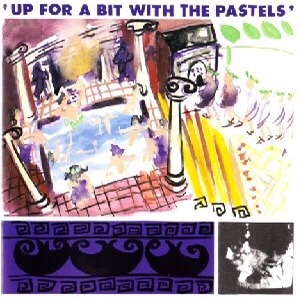


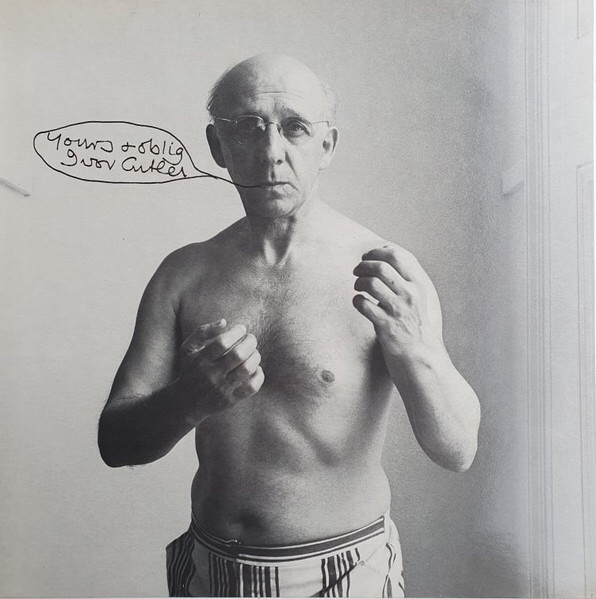


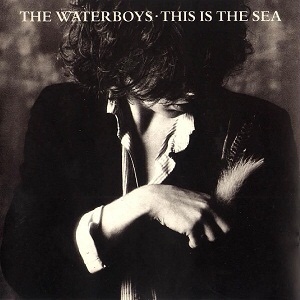

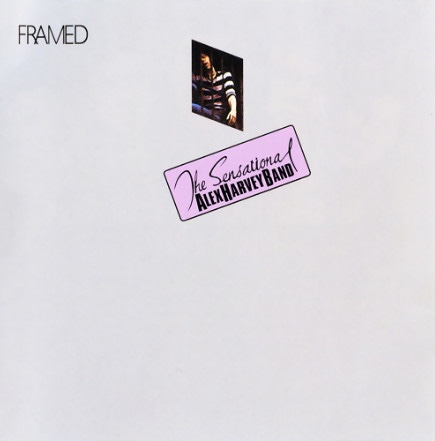


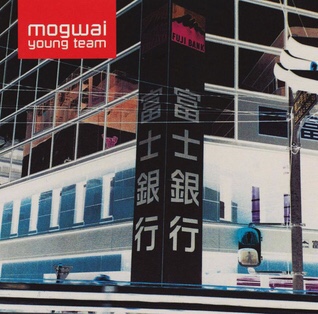
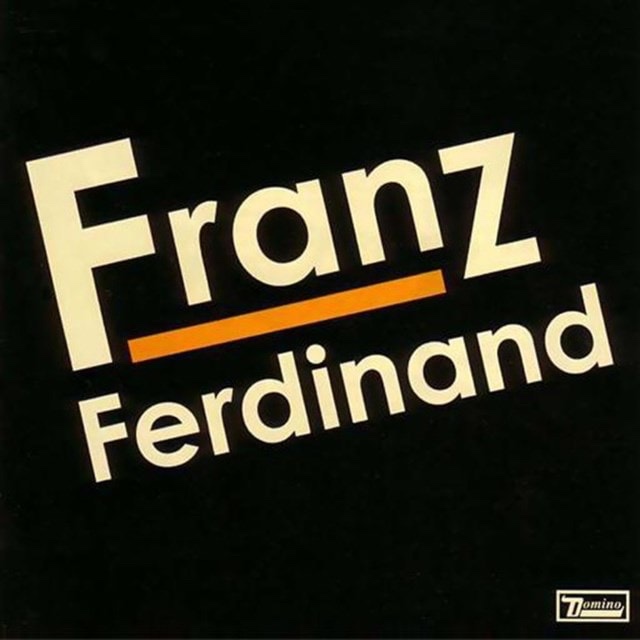

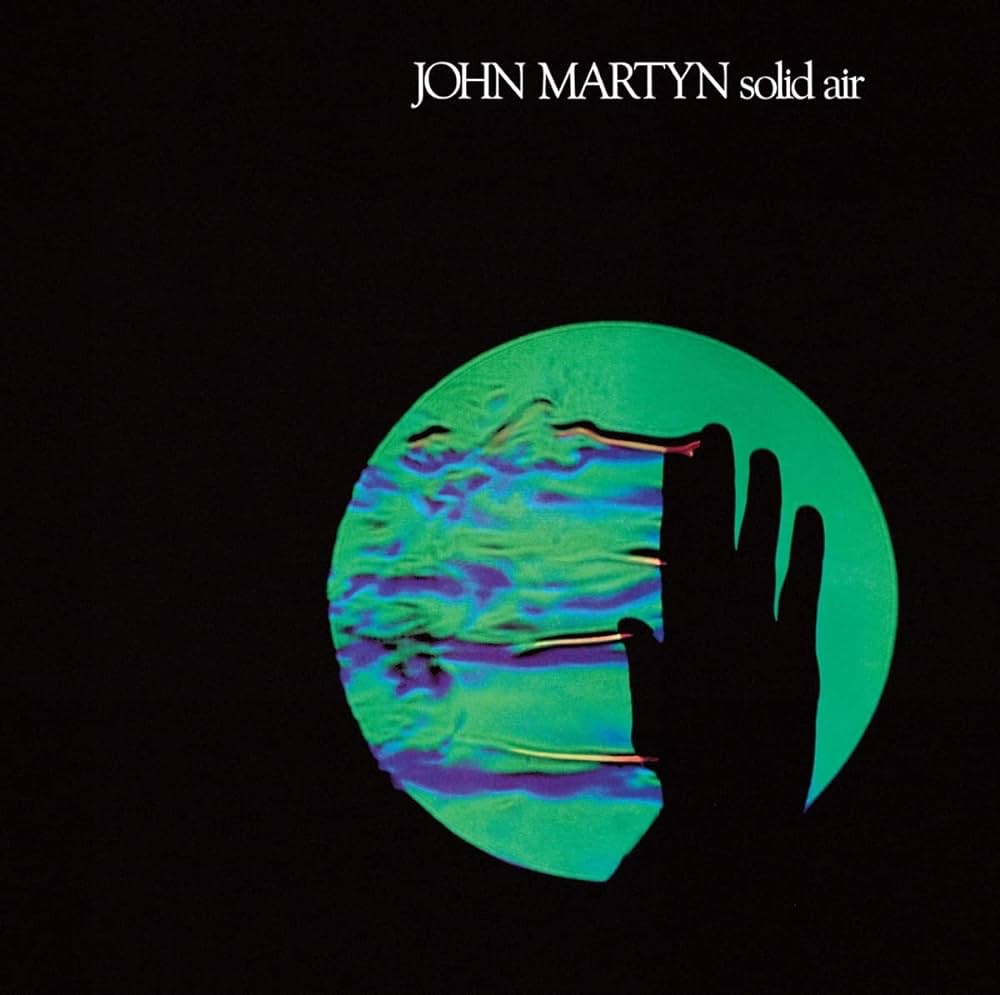


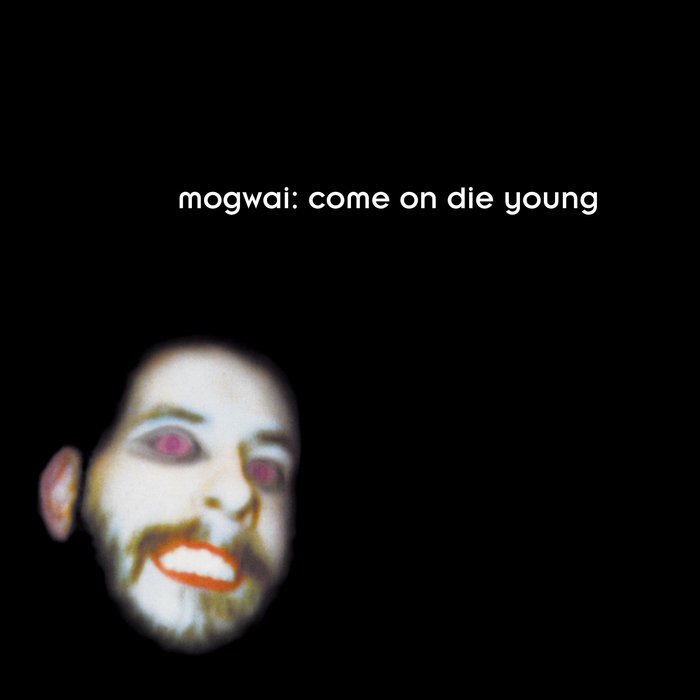



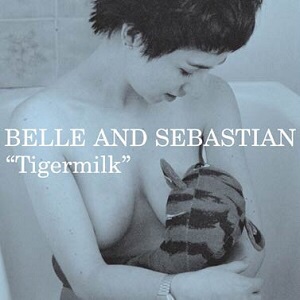










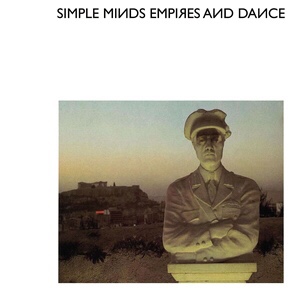


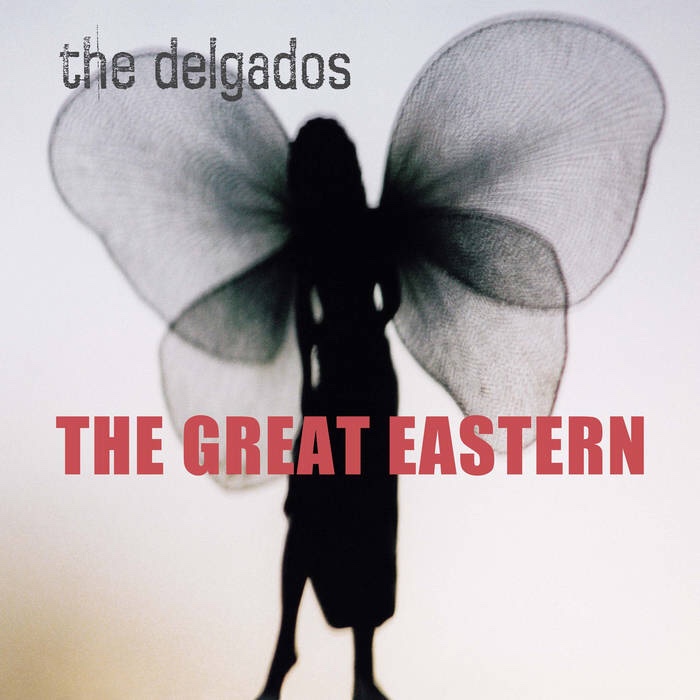

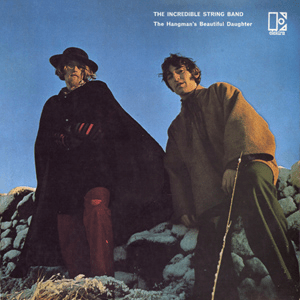
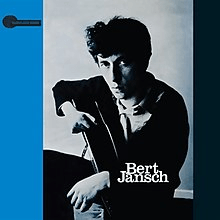


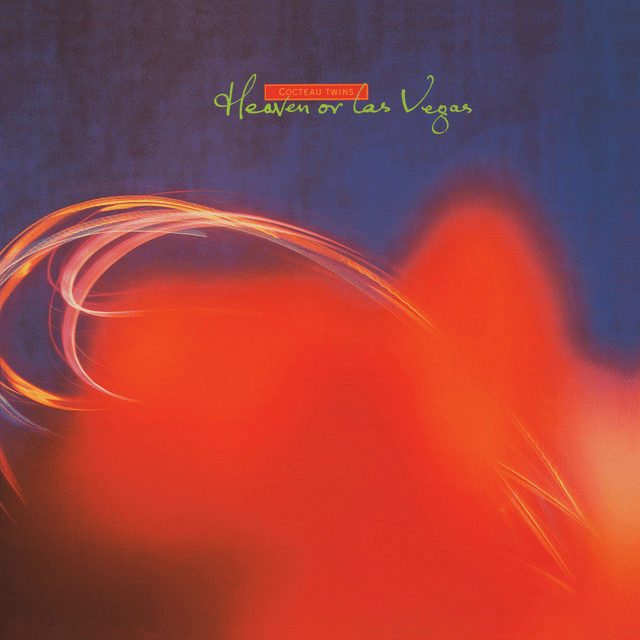

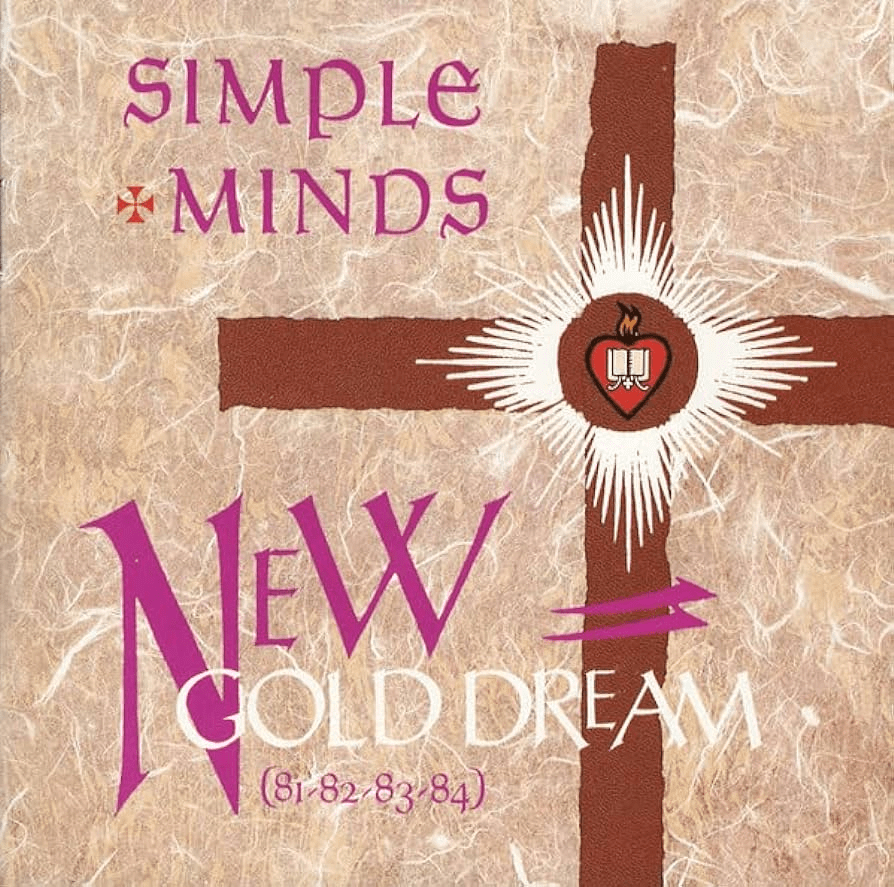


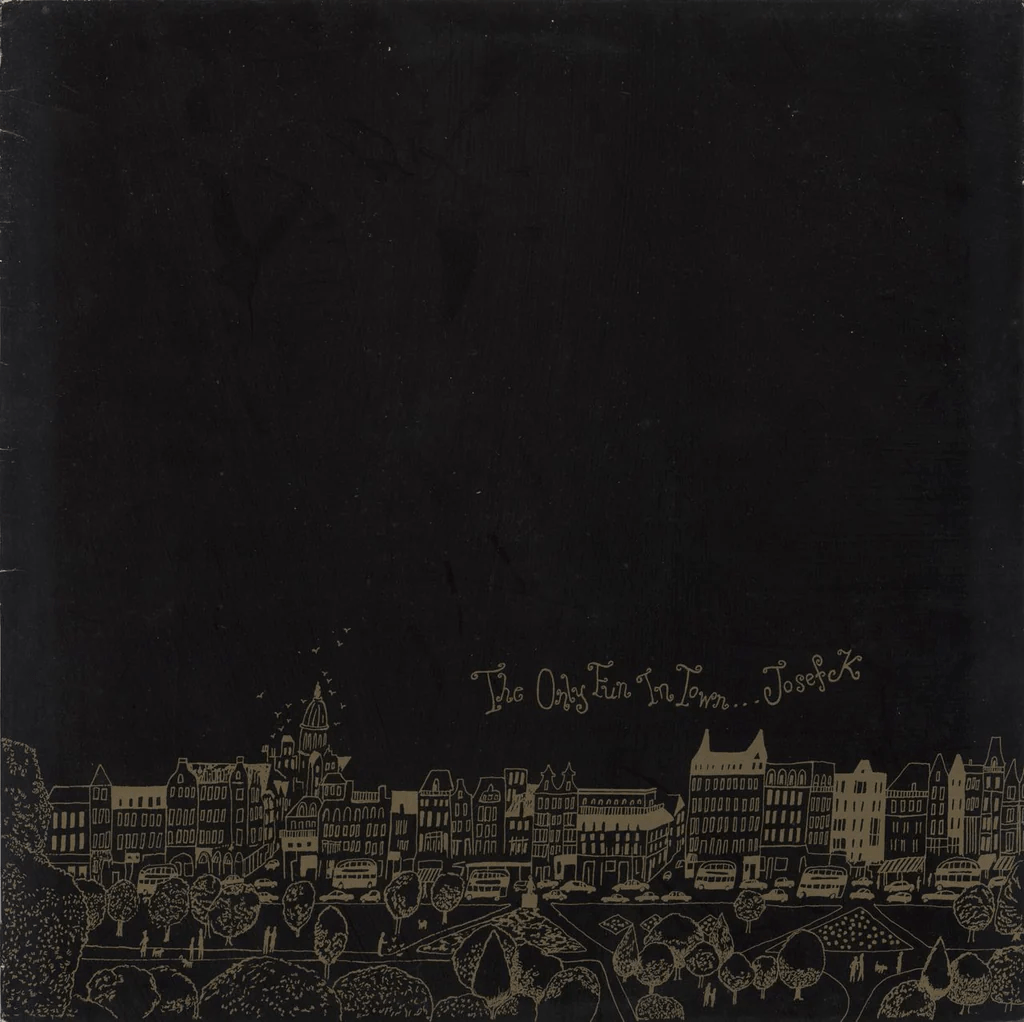

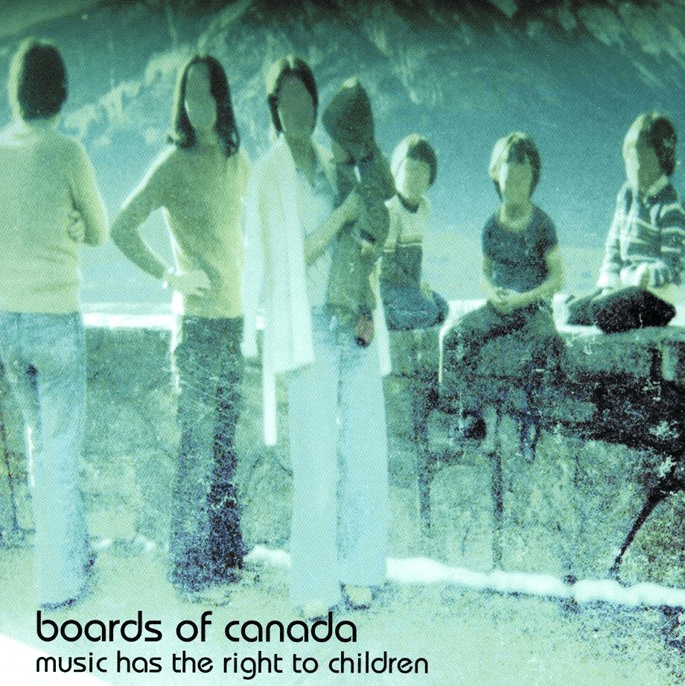











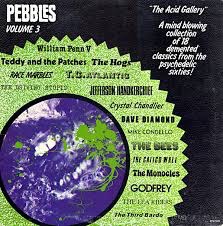


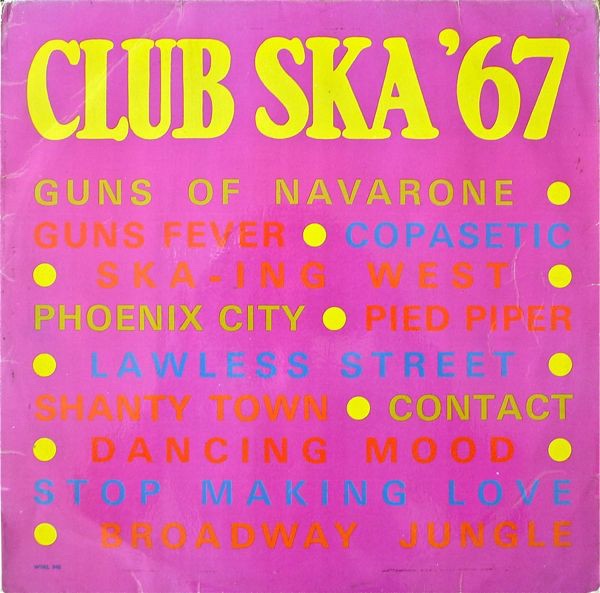
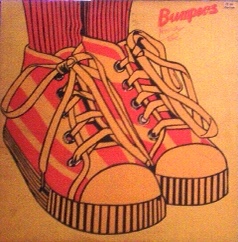
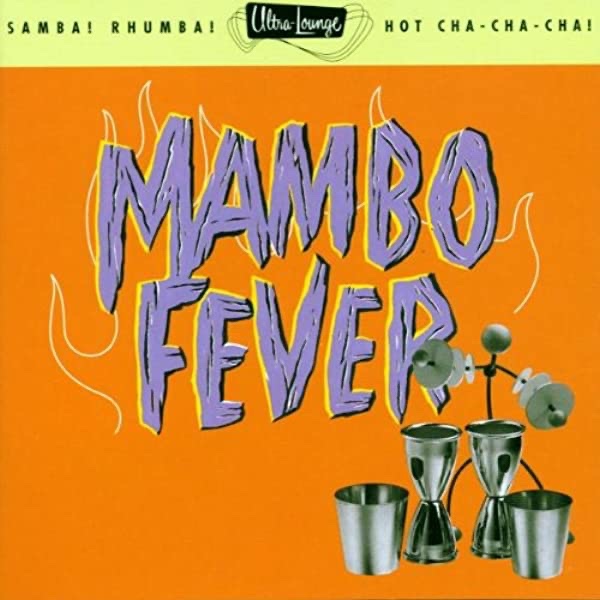
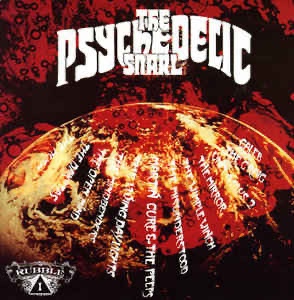








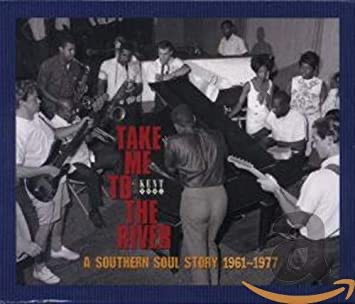

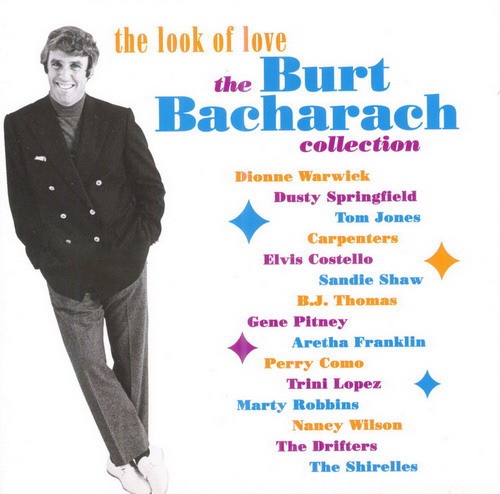
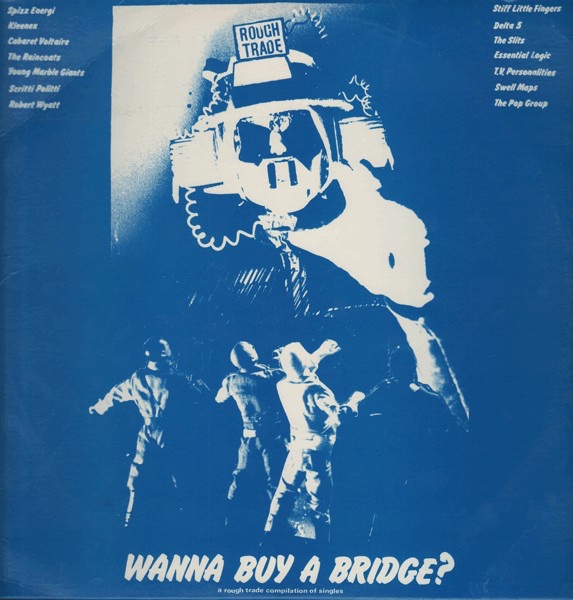
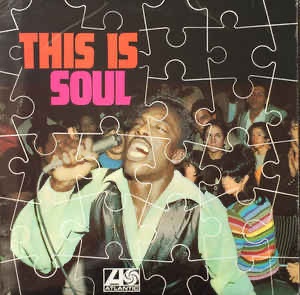
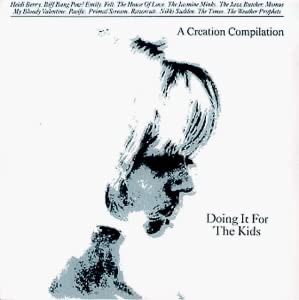

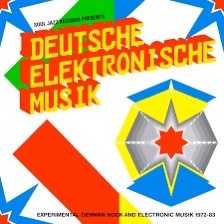


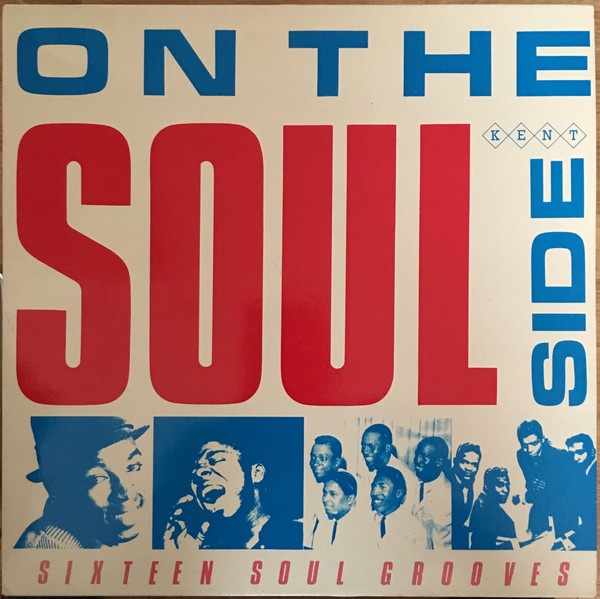
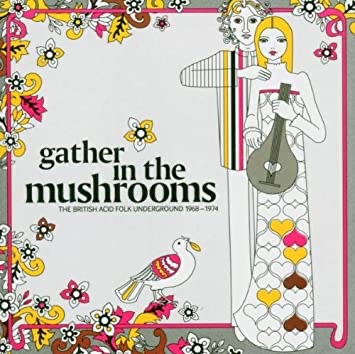


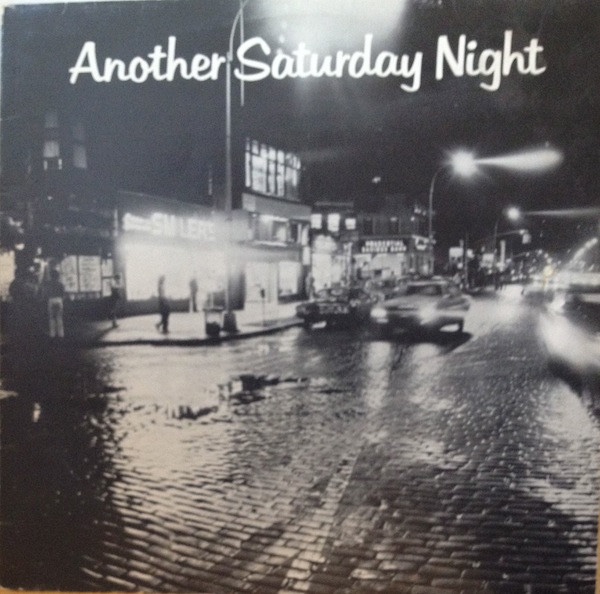

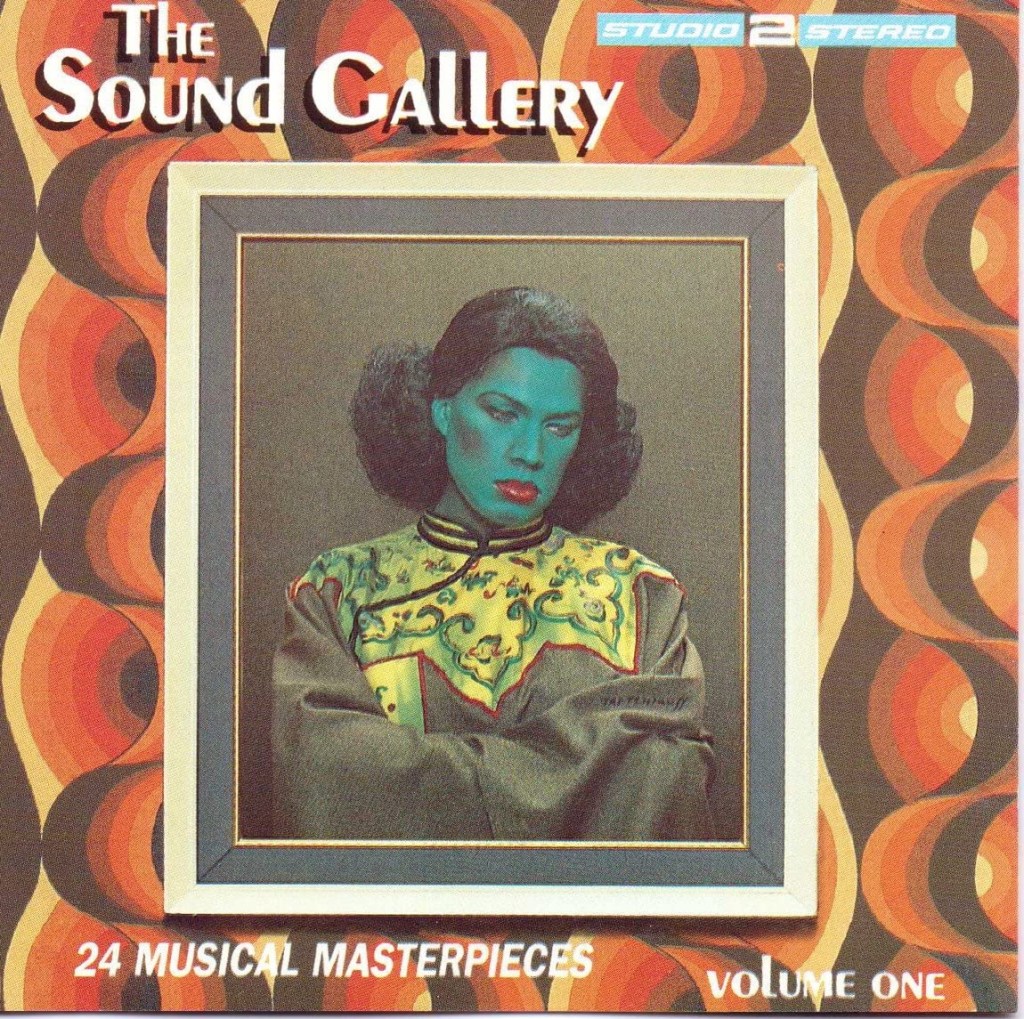


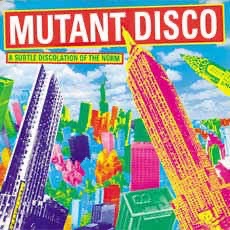
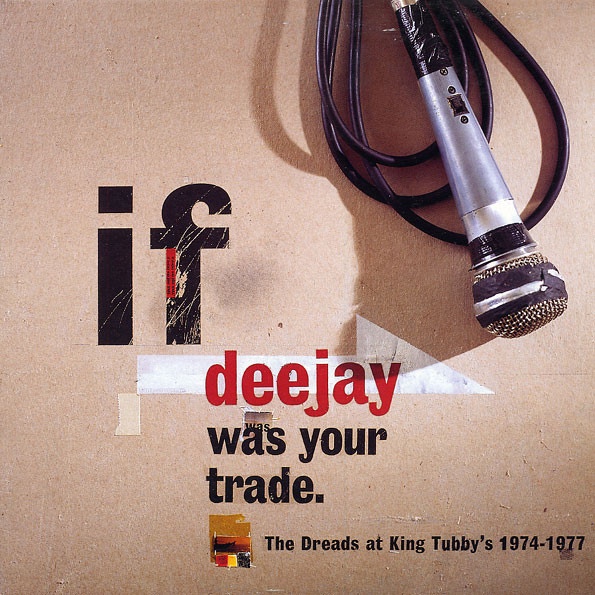
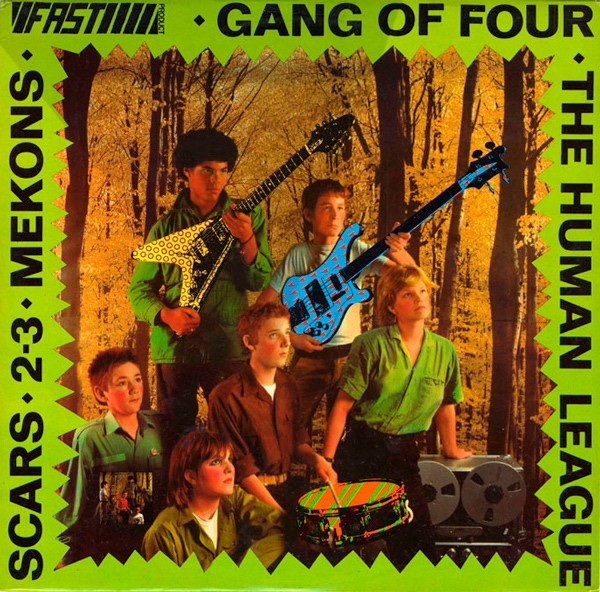

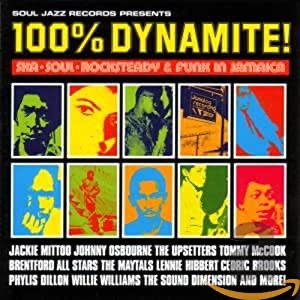

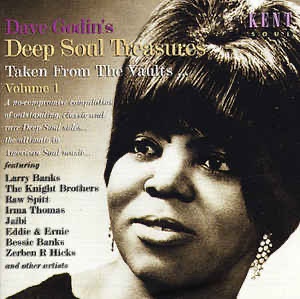


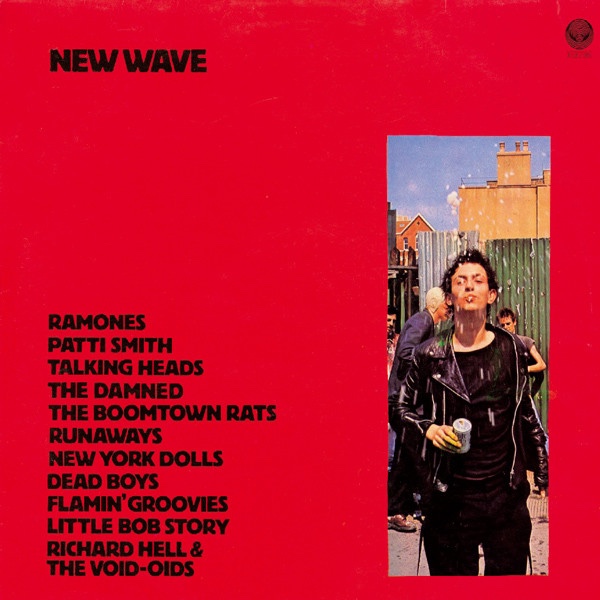
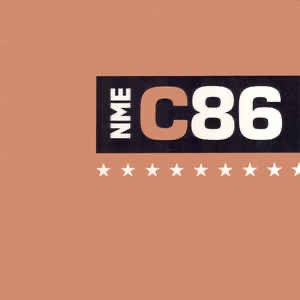
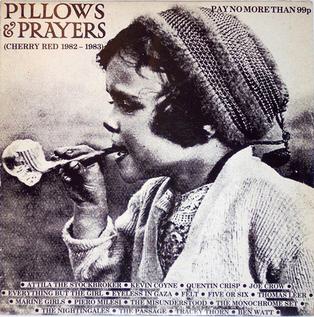
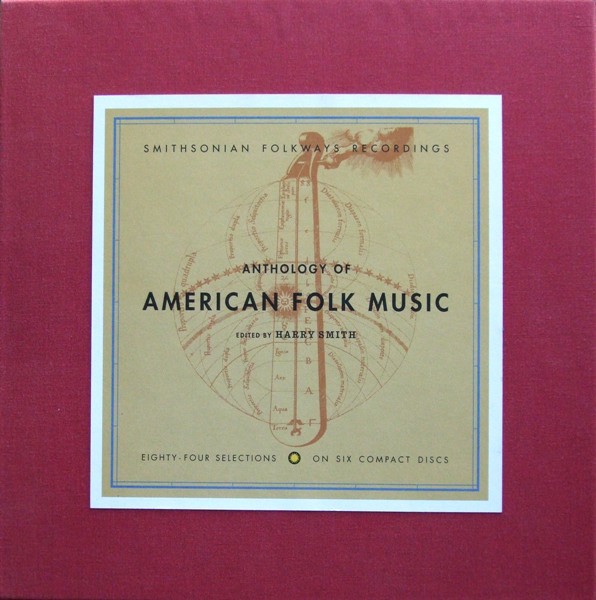

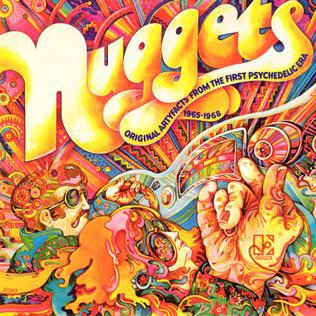
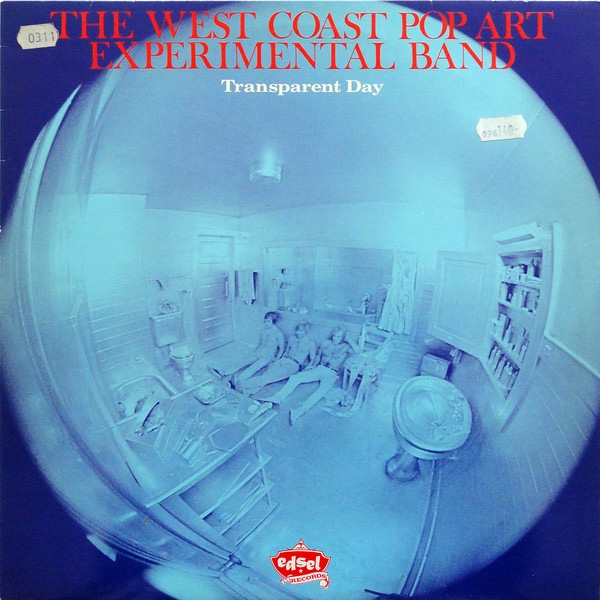




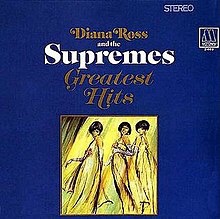


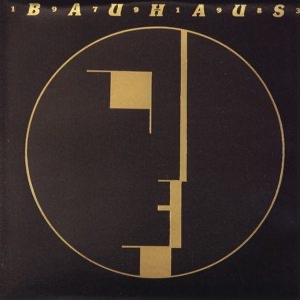


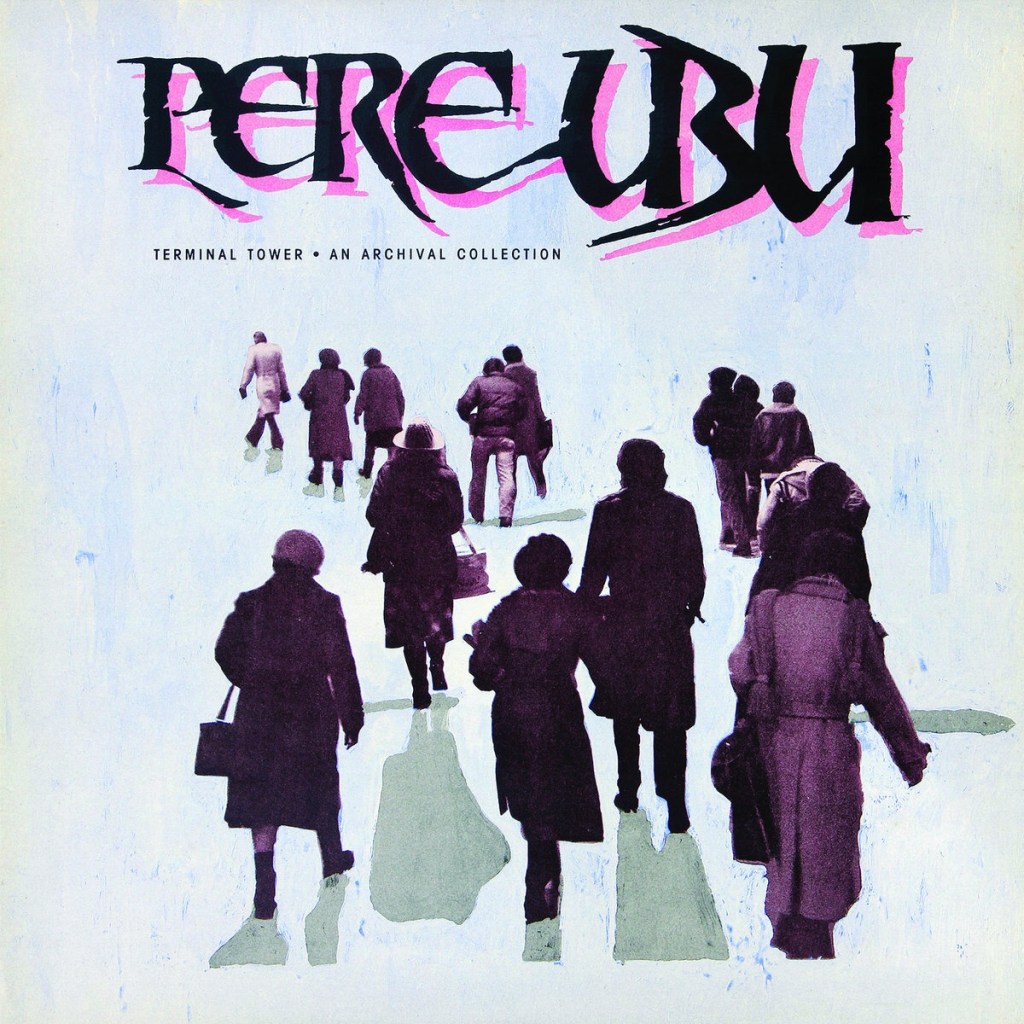
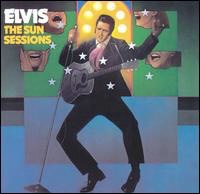

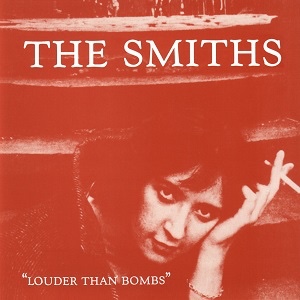





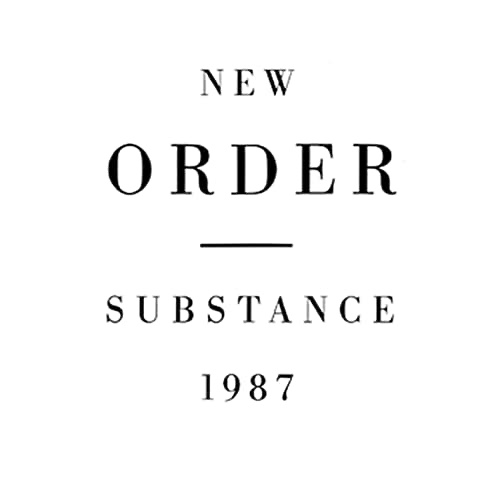

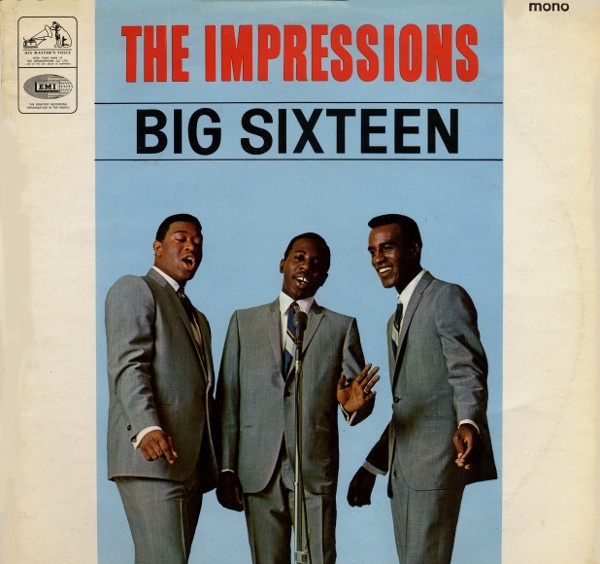
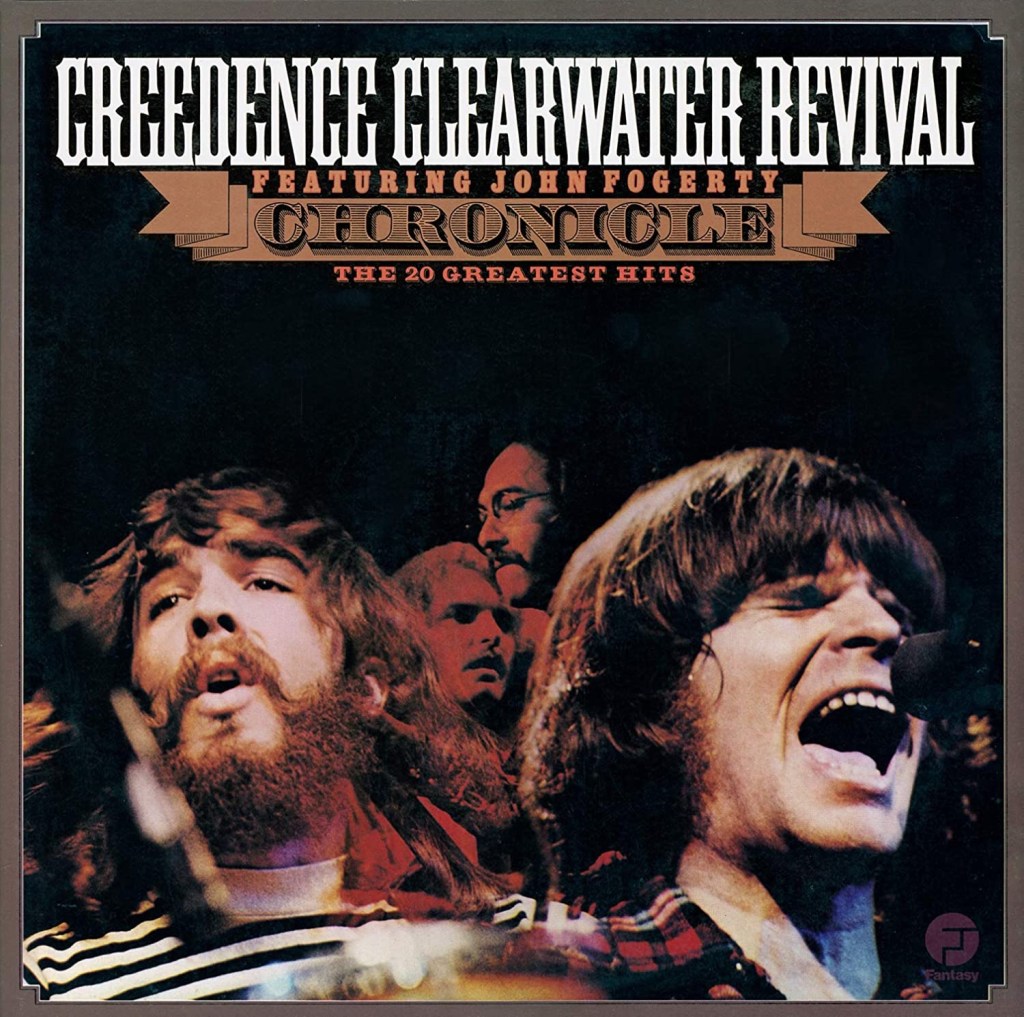






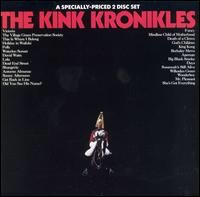



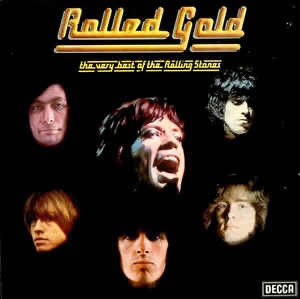
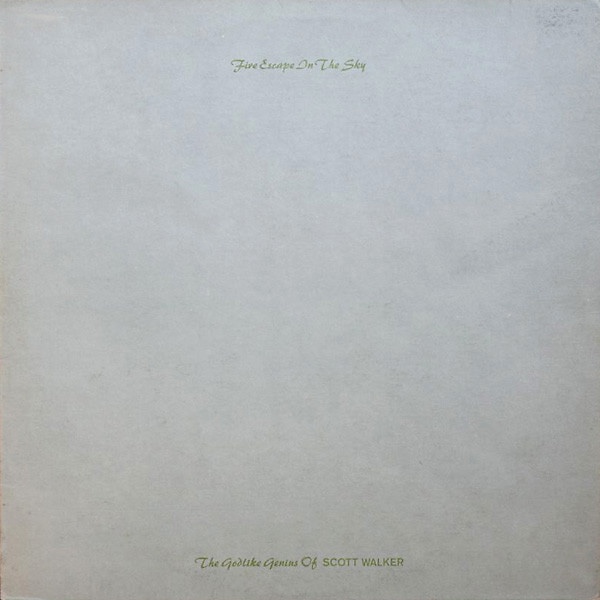
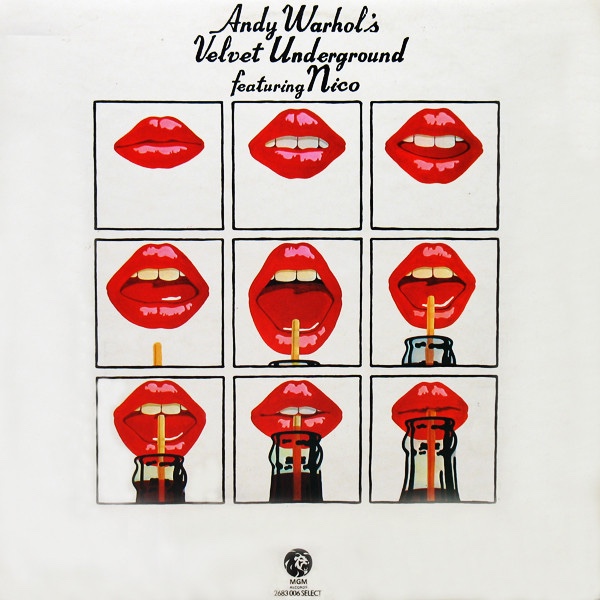
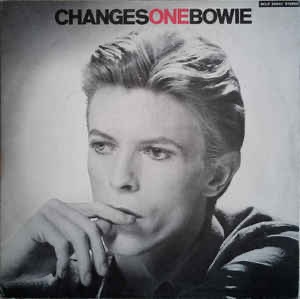
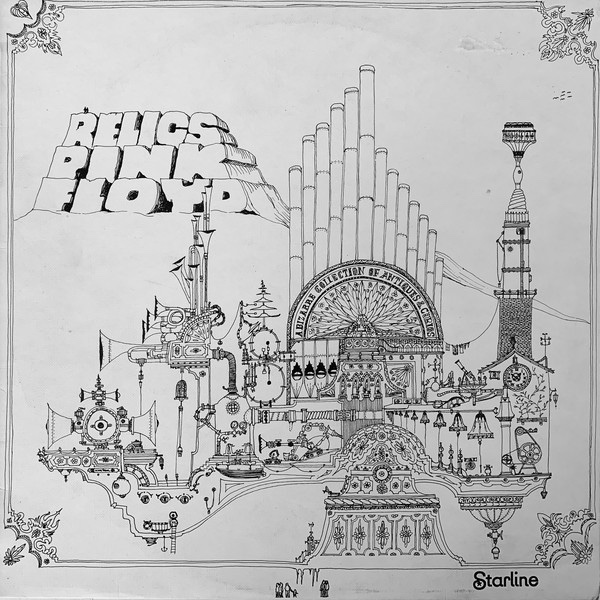

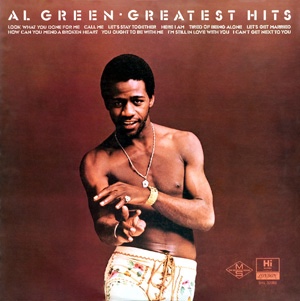

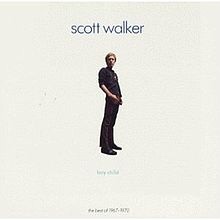
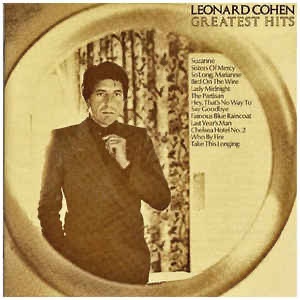



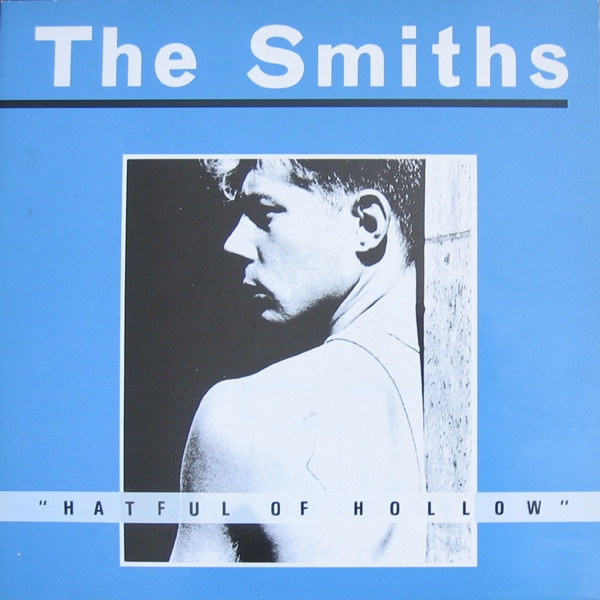
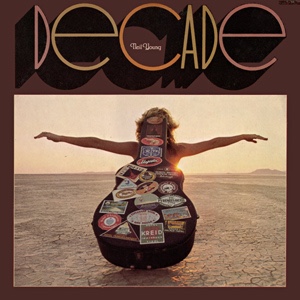
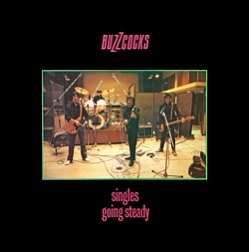
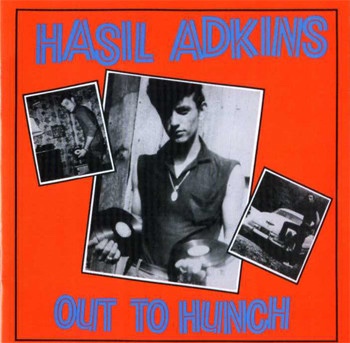

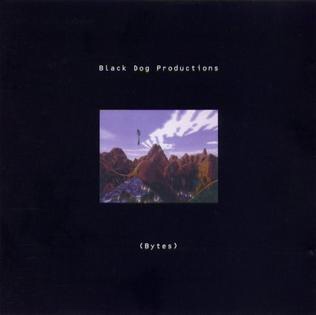


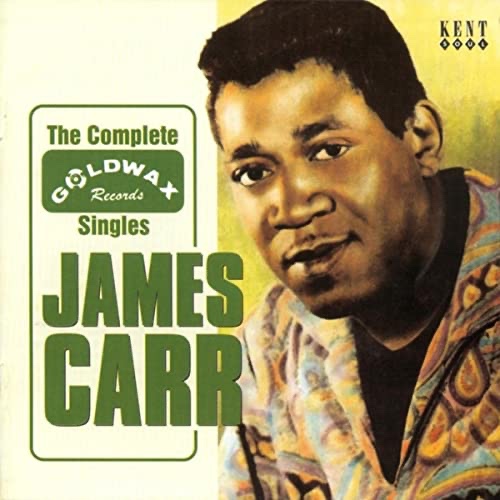


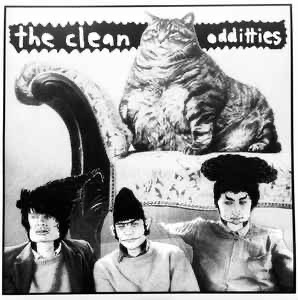


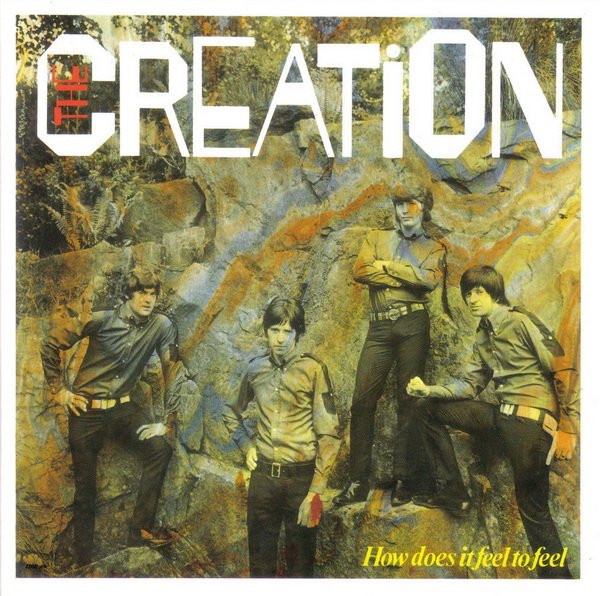
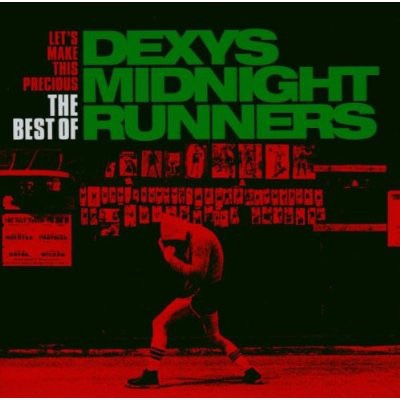

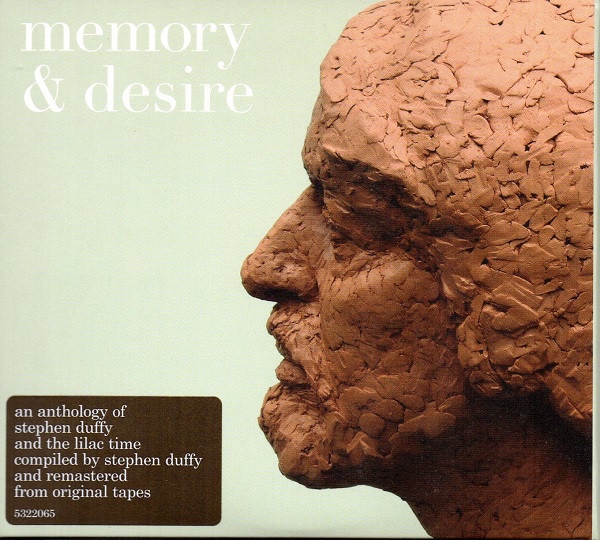
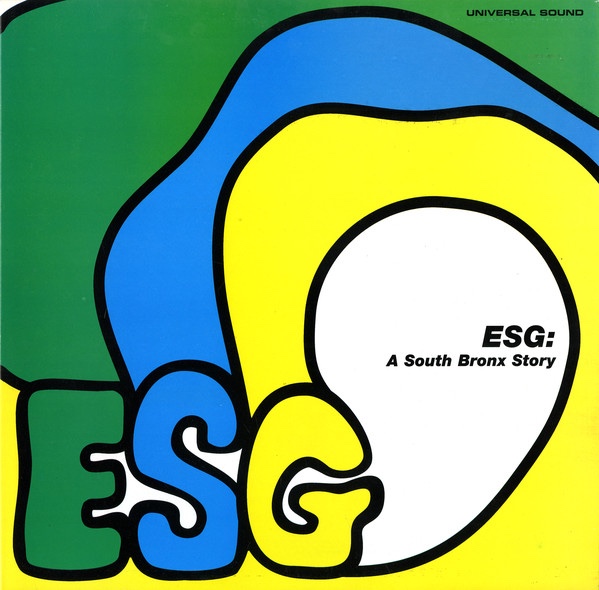
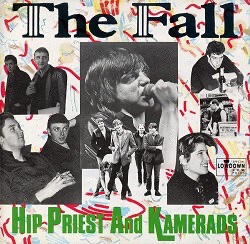




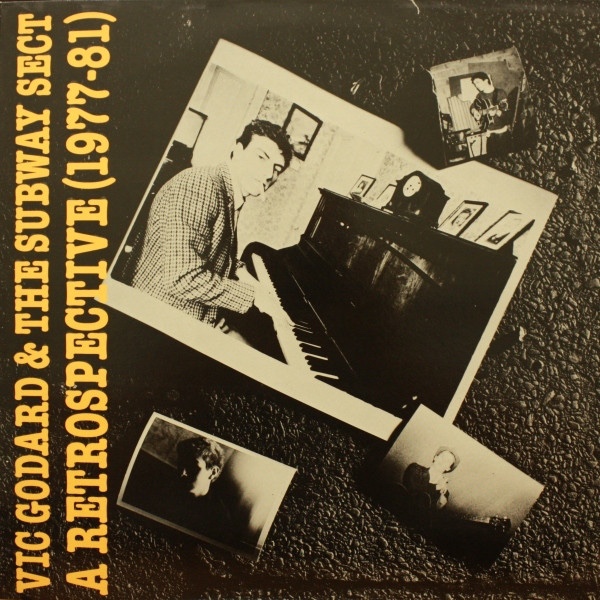
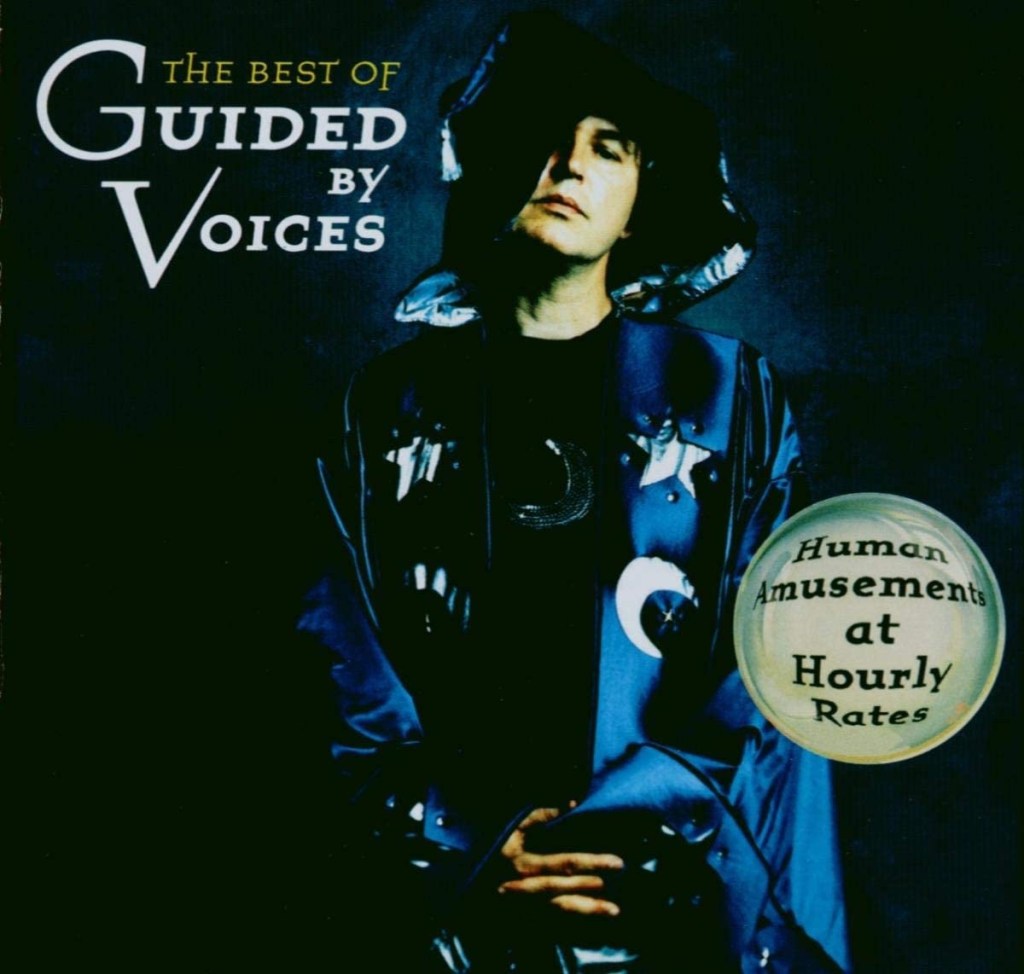



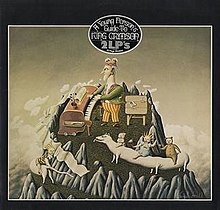
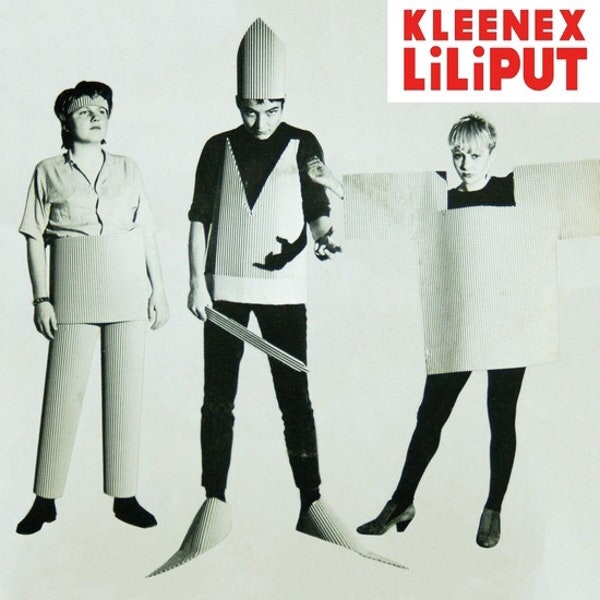

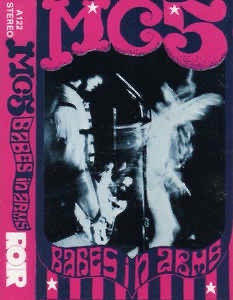







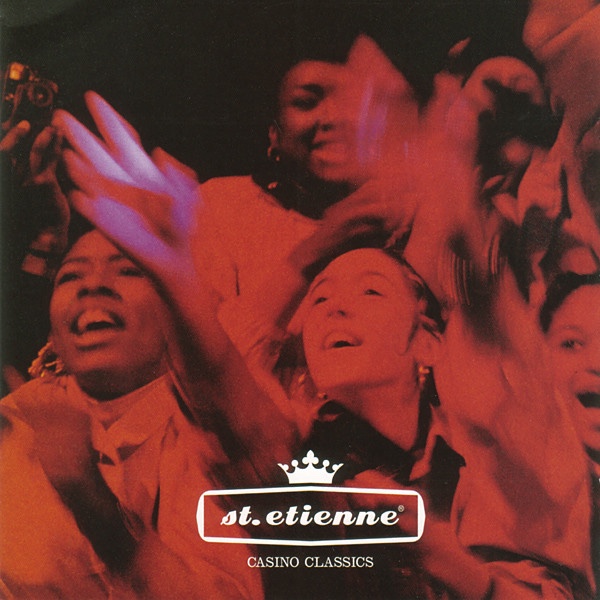

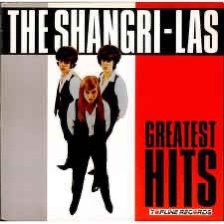



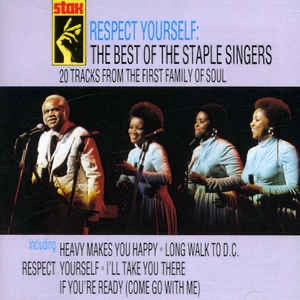
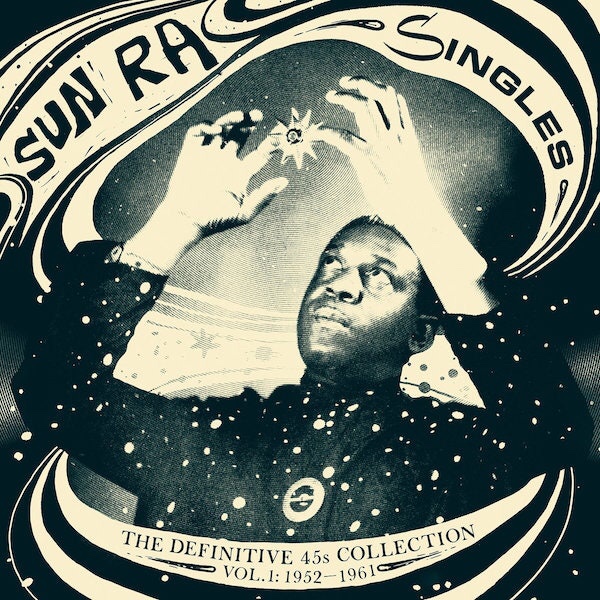


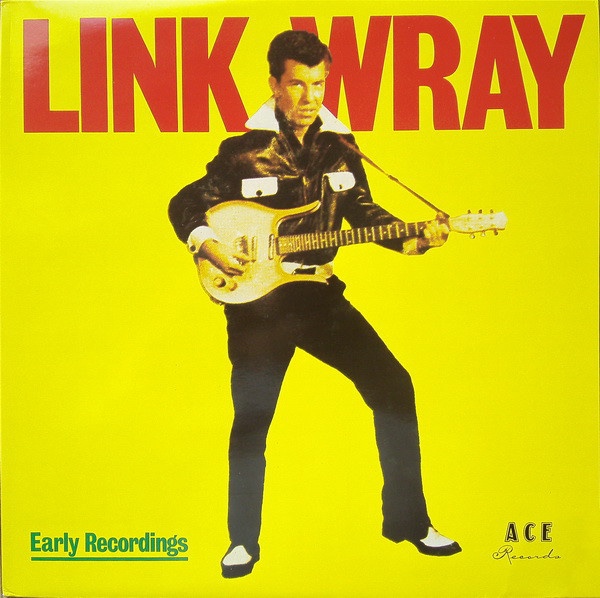


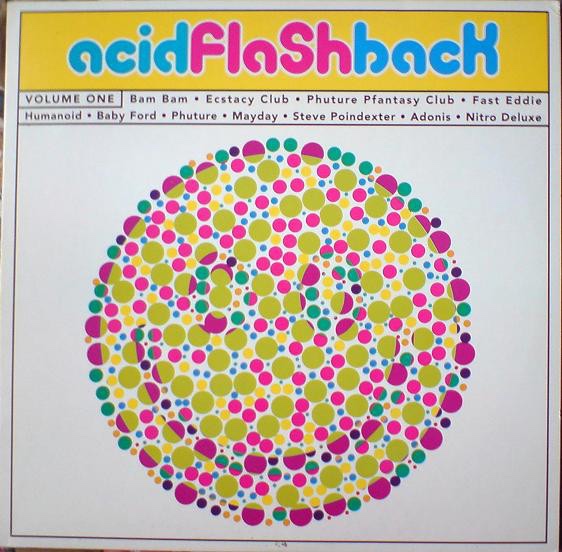
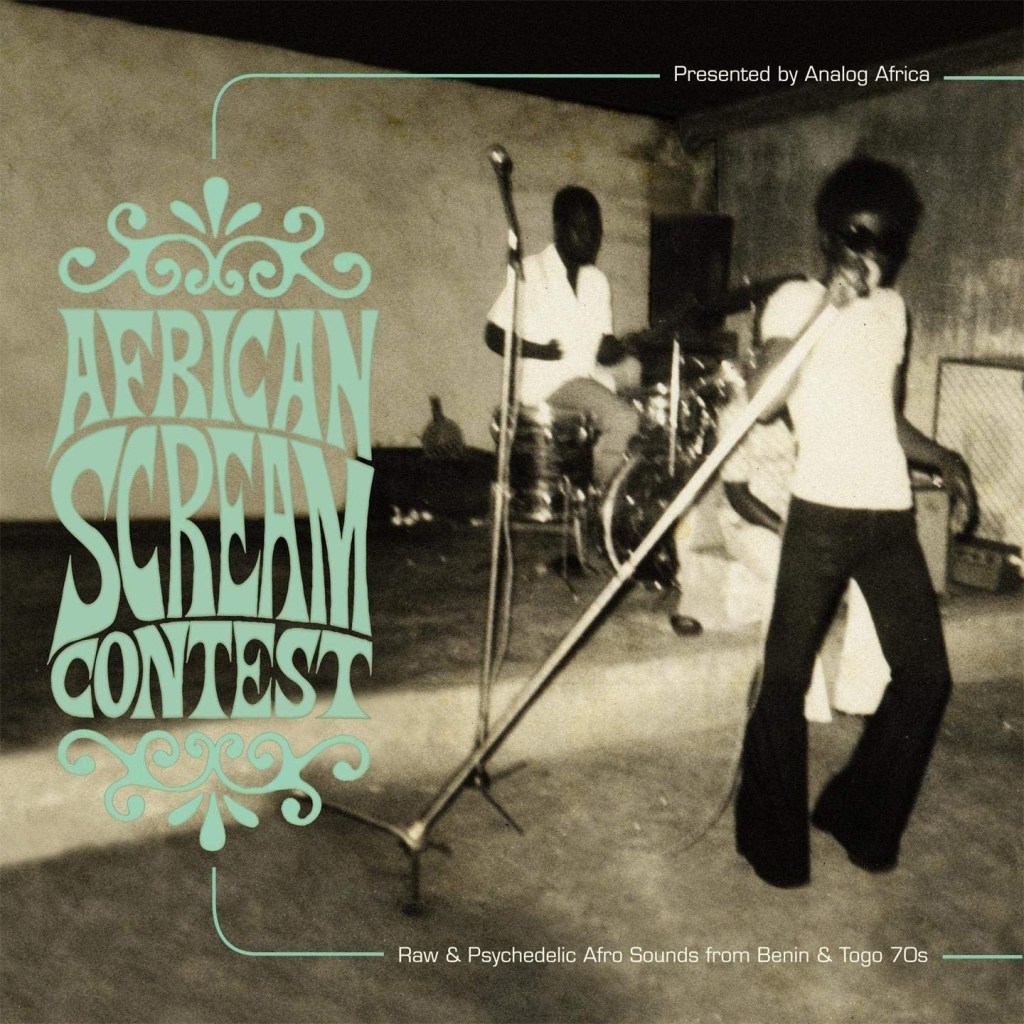
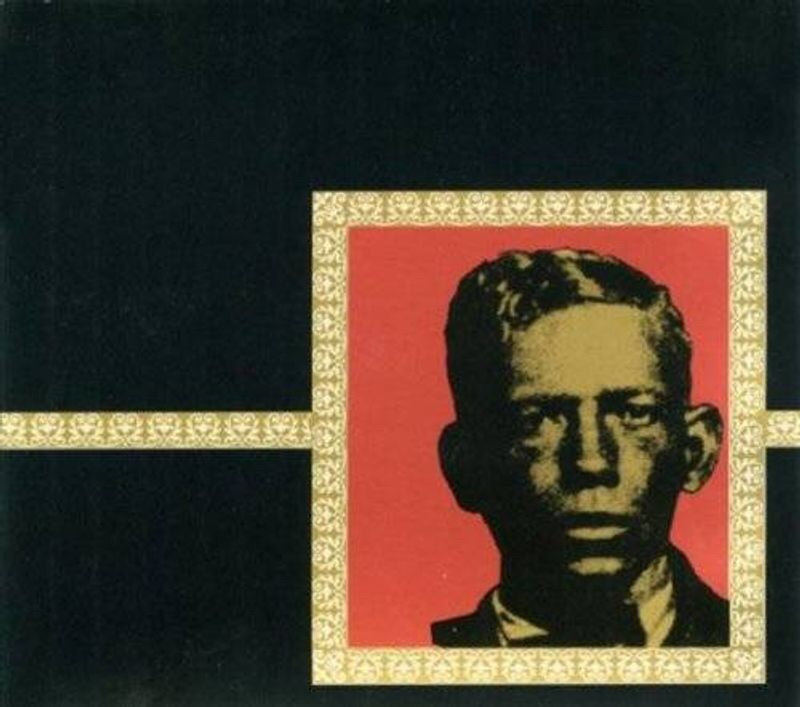
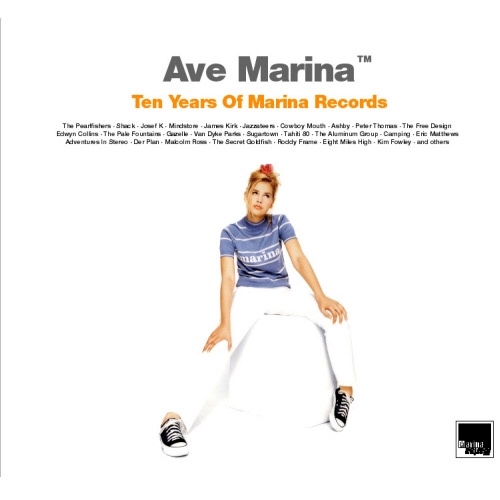
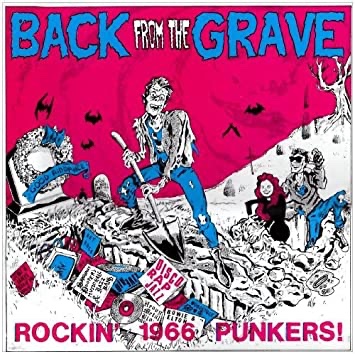
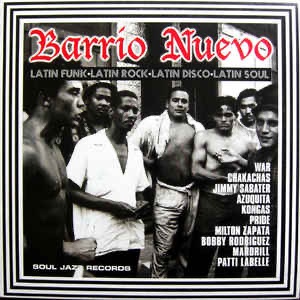


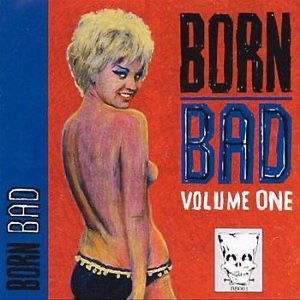


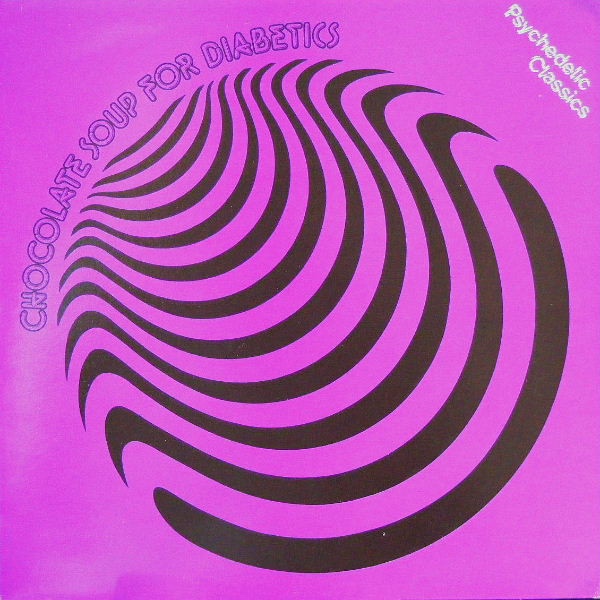

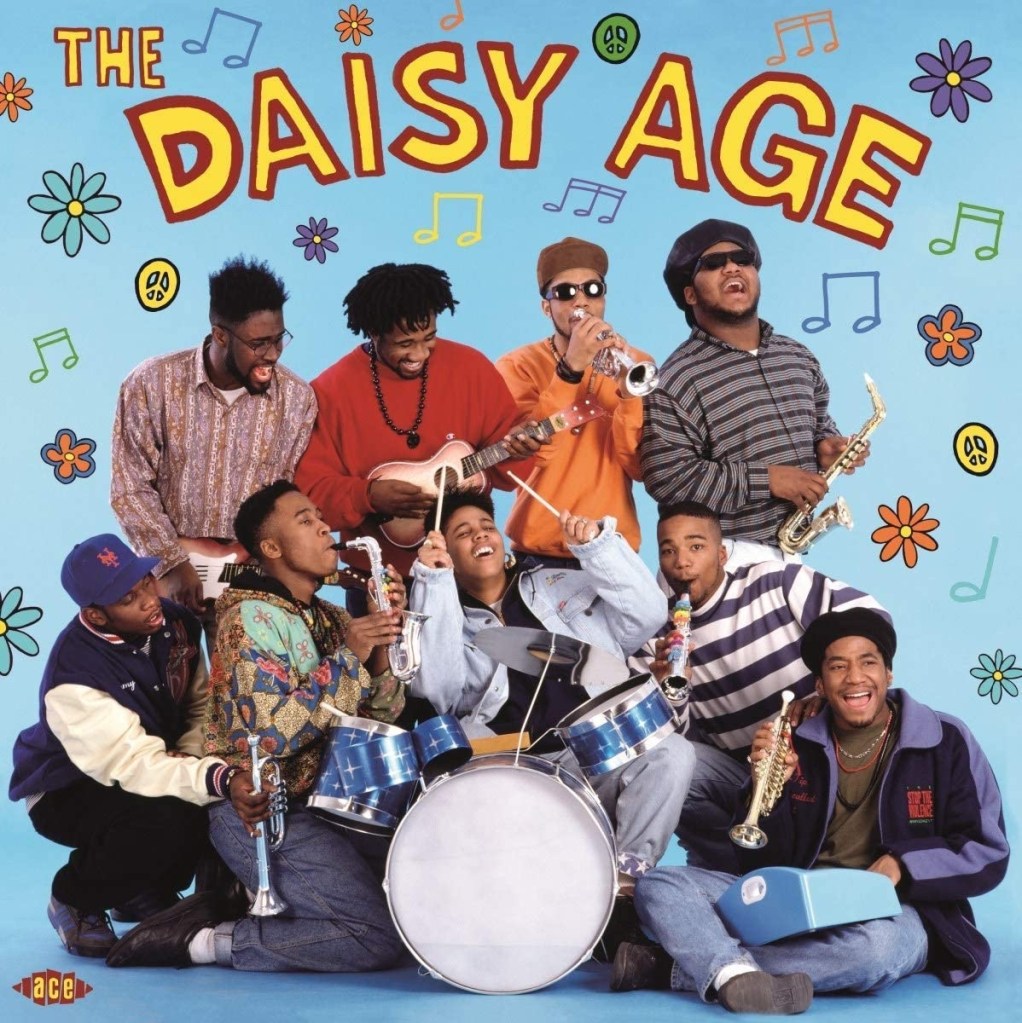

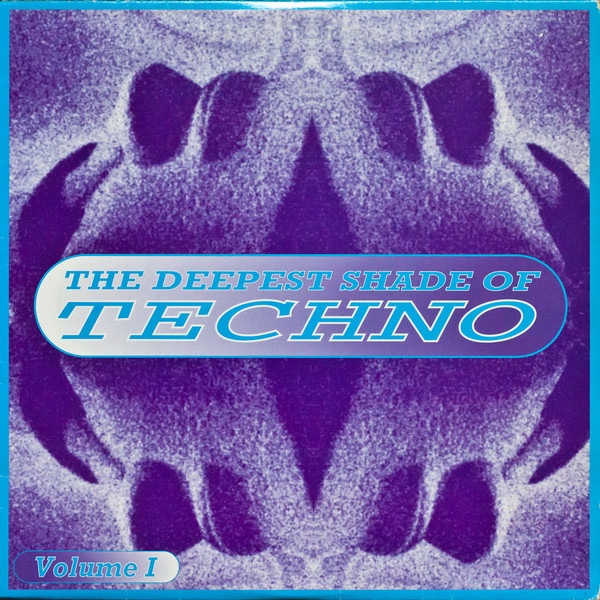


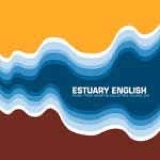
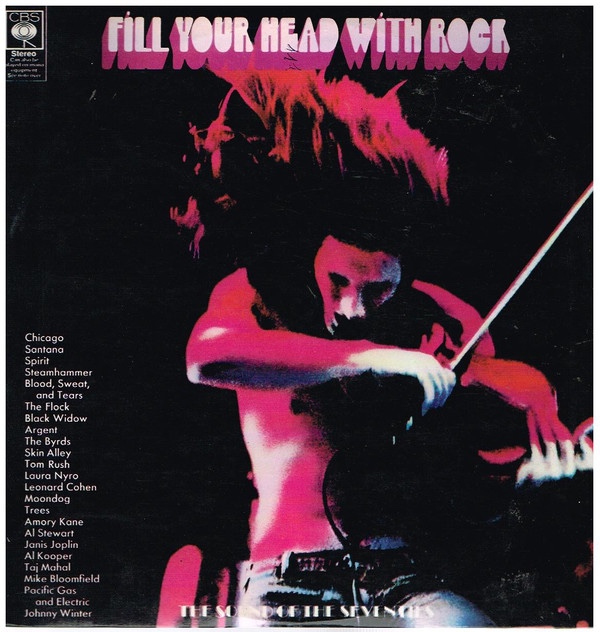


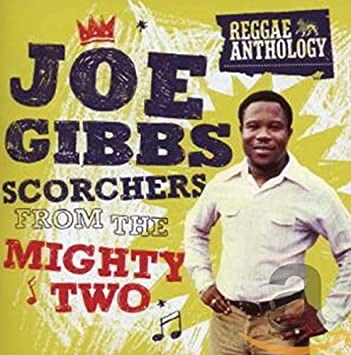
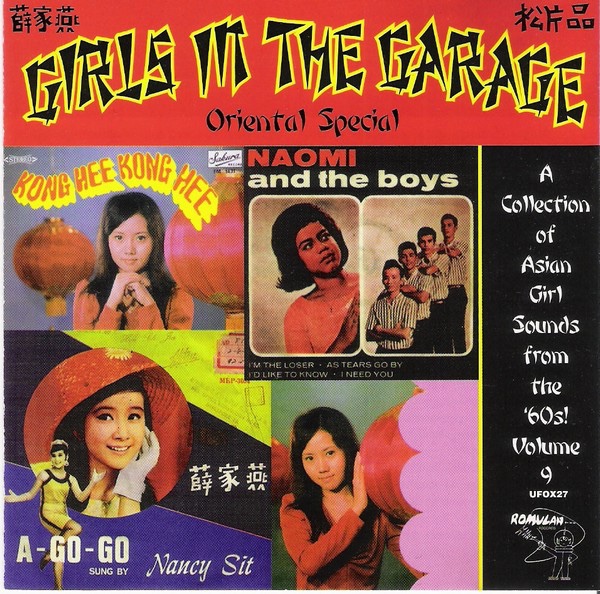

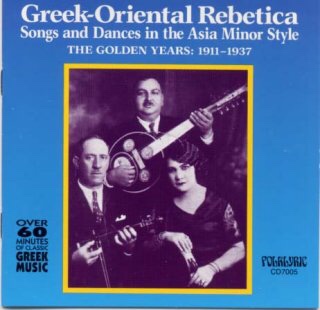

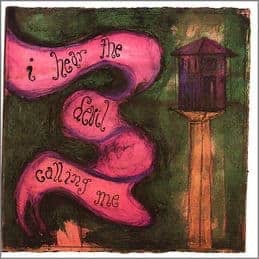

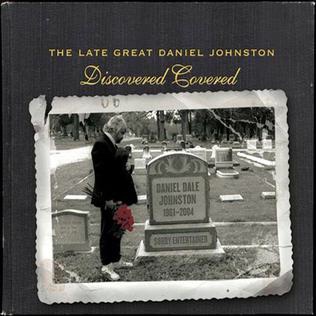
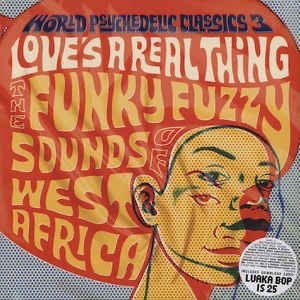
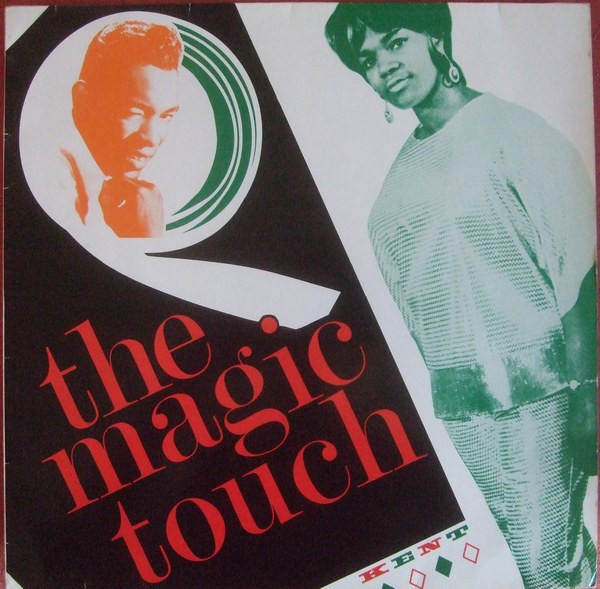
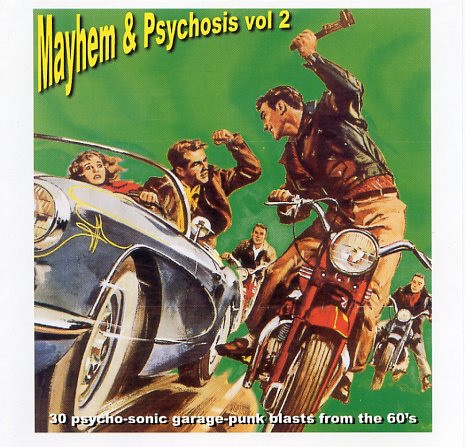
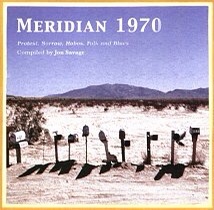


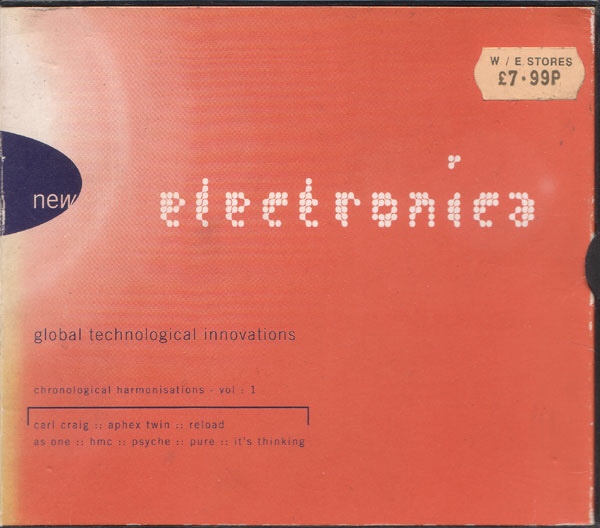



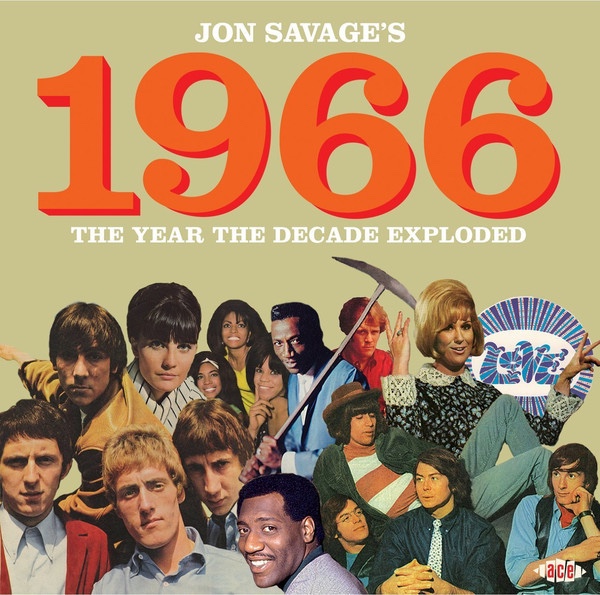

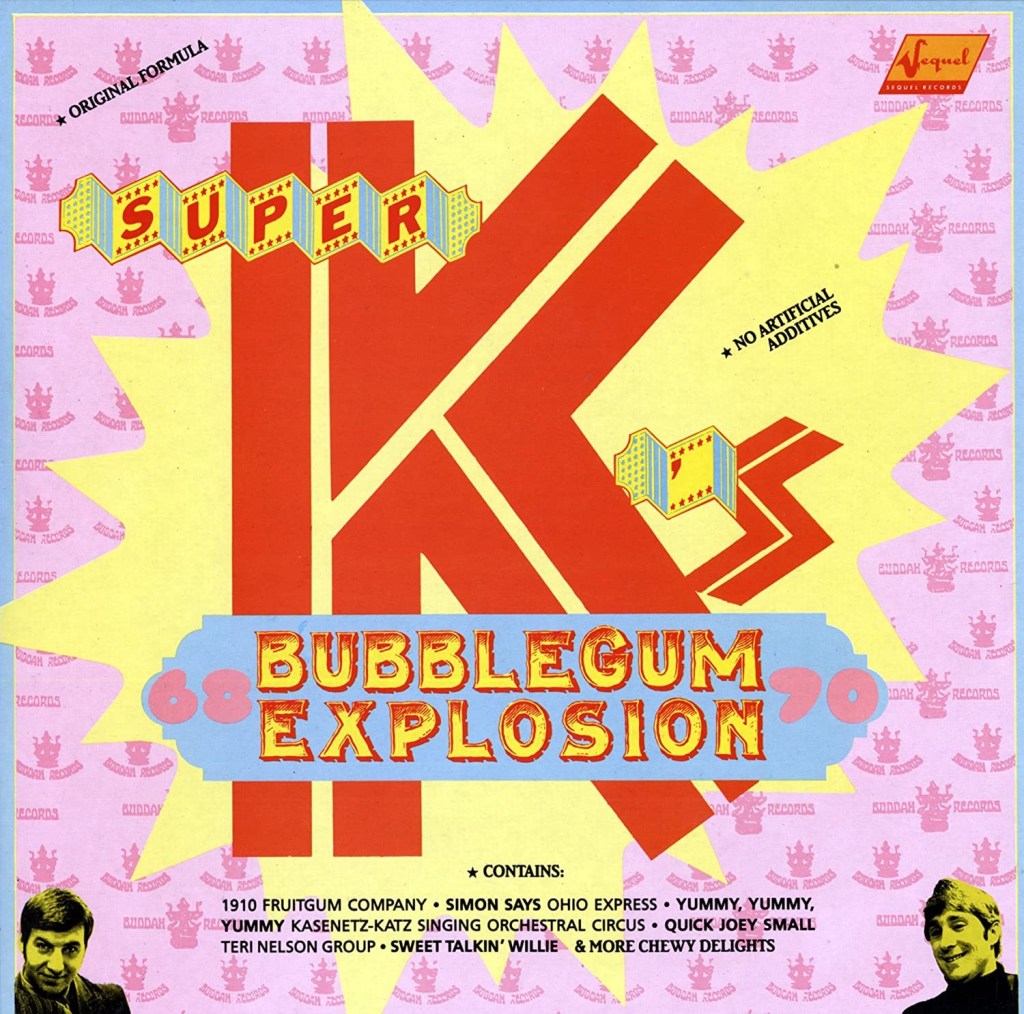
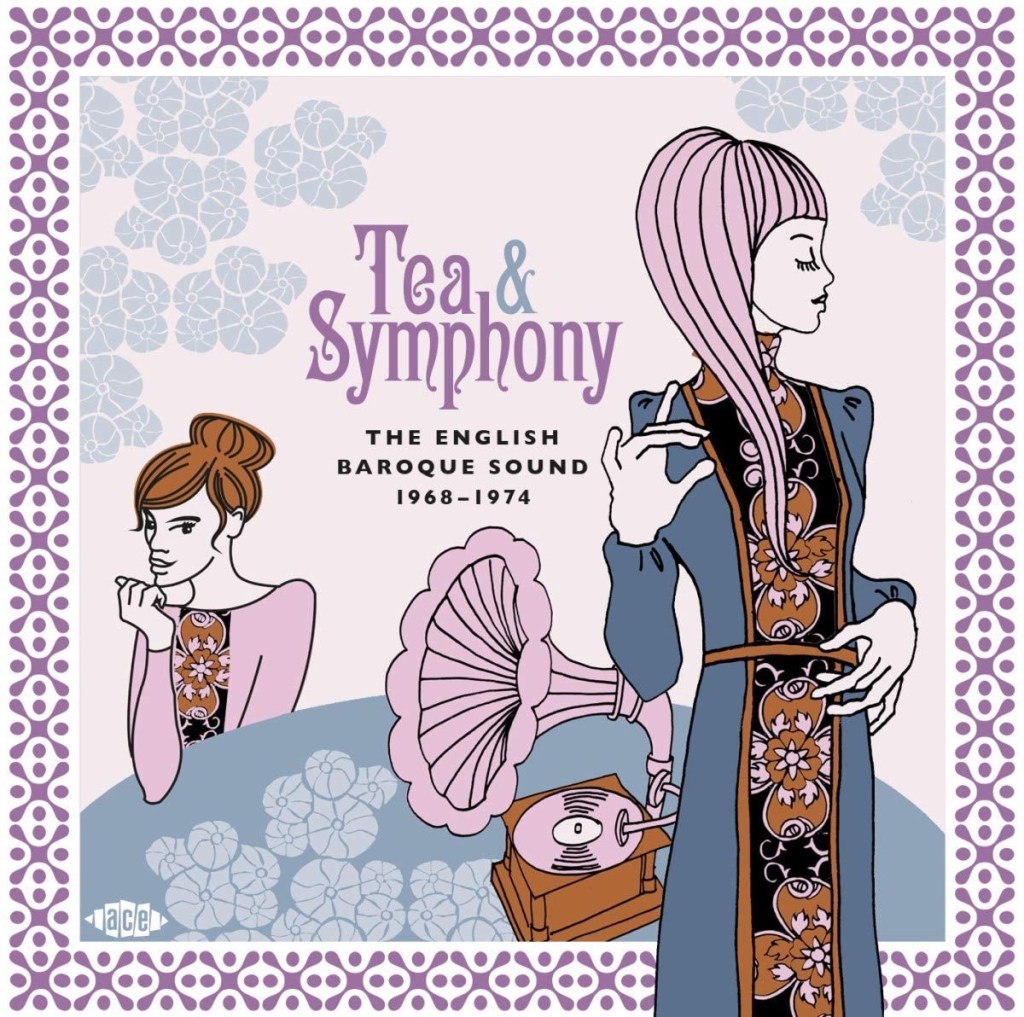

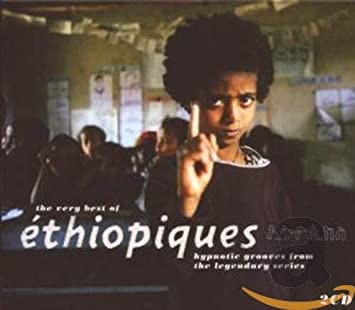

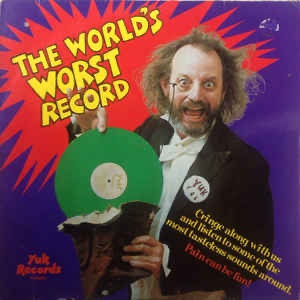





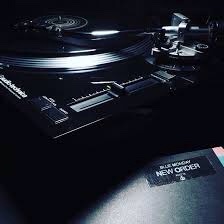










































































































































































 Da
Da























 ‘The Visitation’ – White Noise (from An Electric Storm LP, 1969)
‘The Visitation’ – White Noise (from An Electric Storm LP, 1969)


